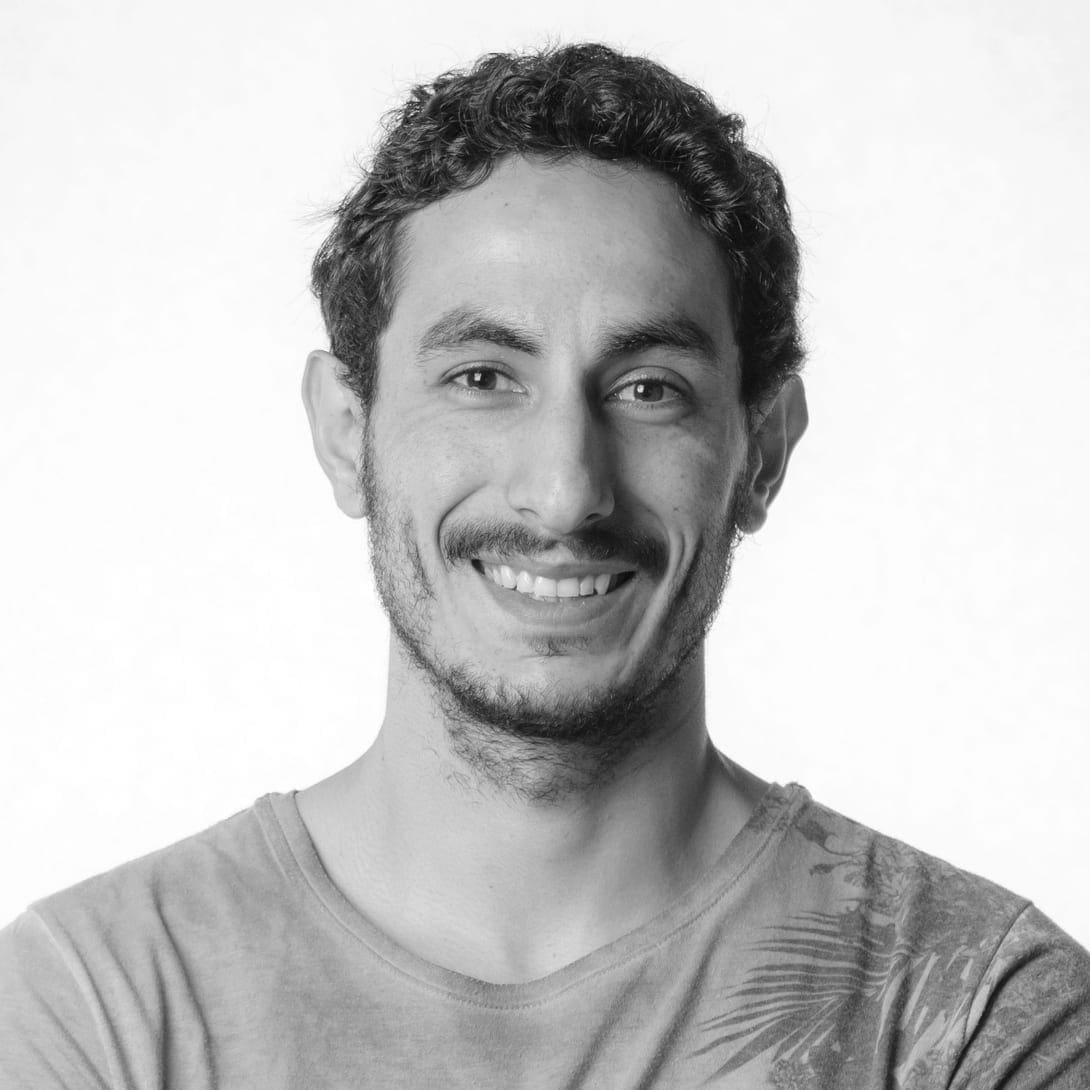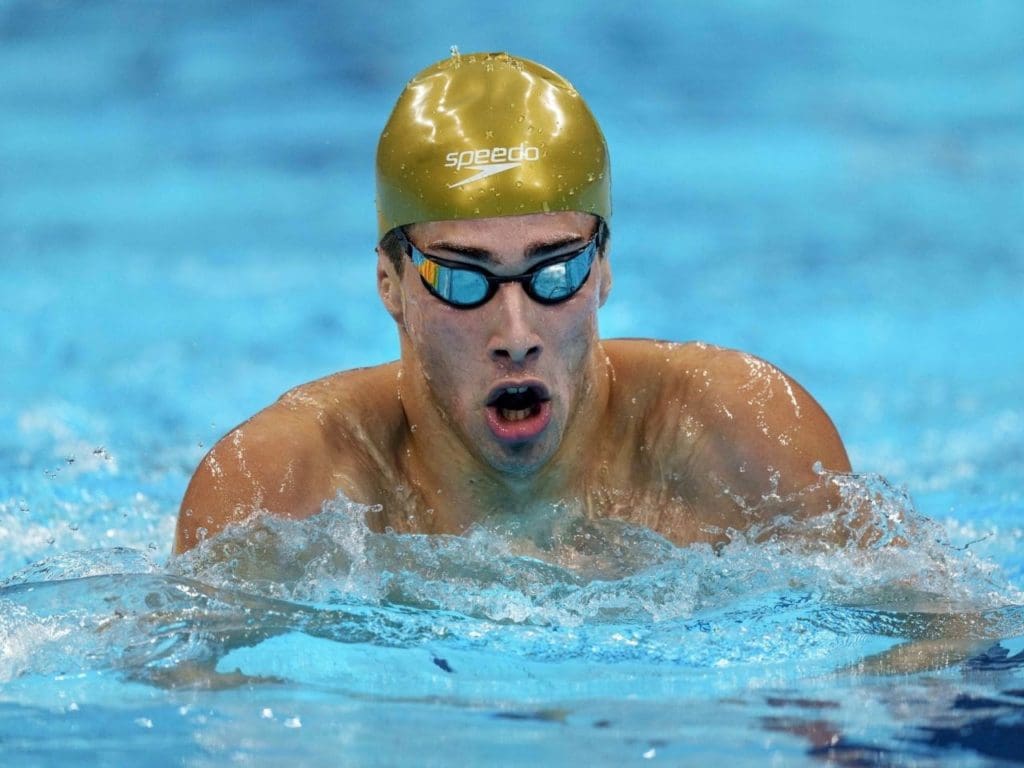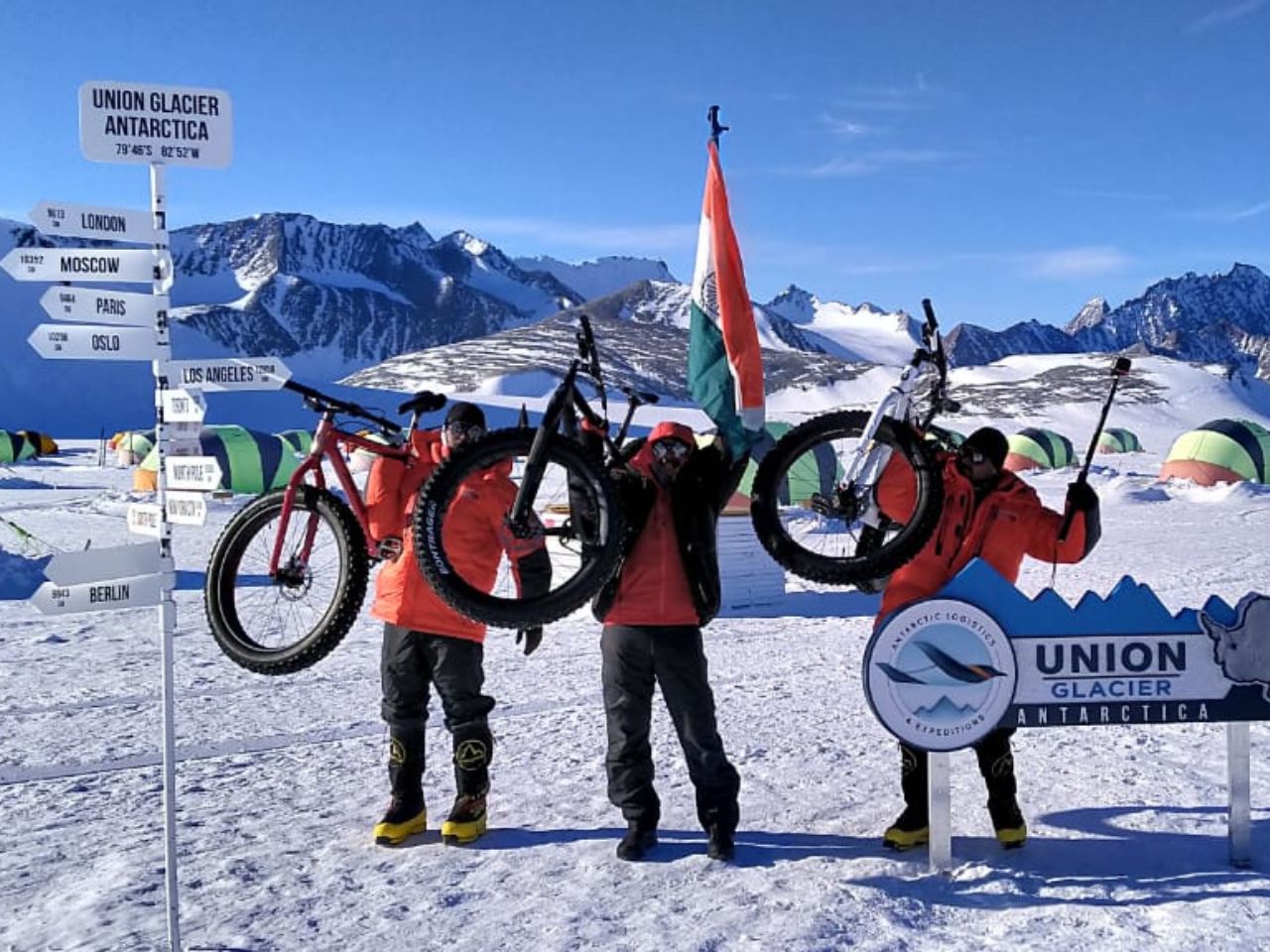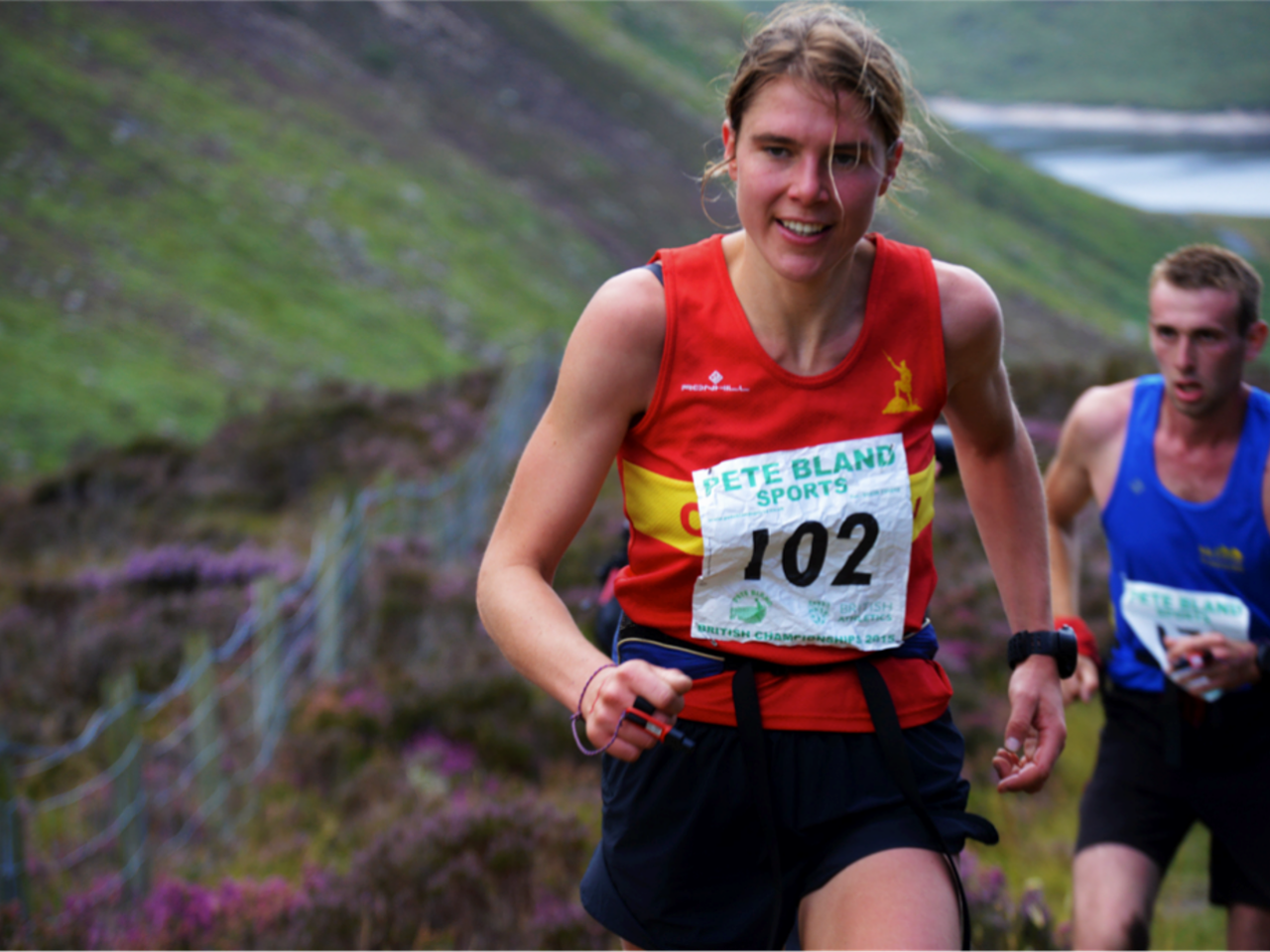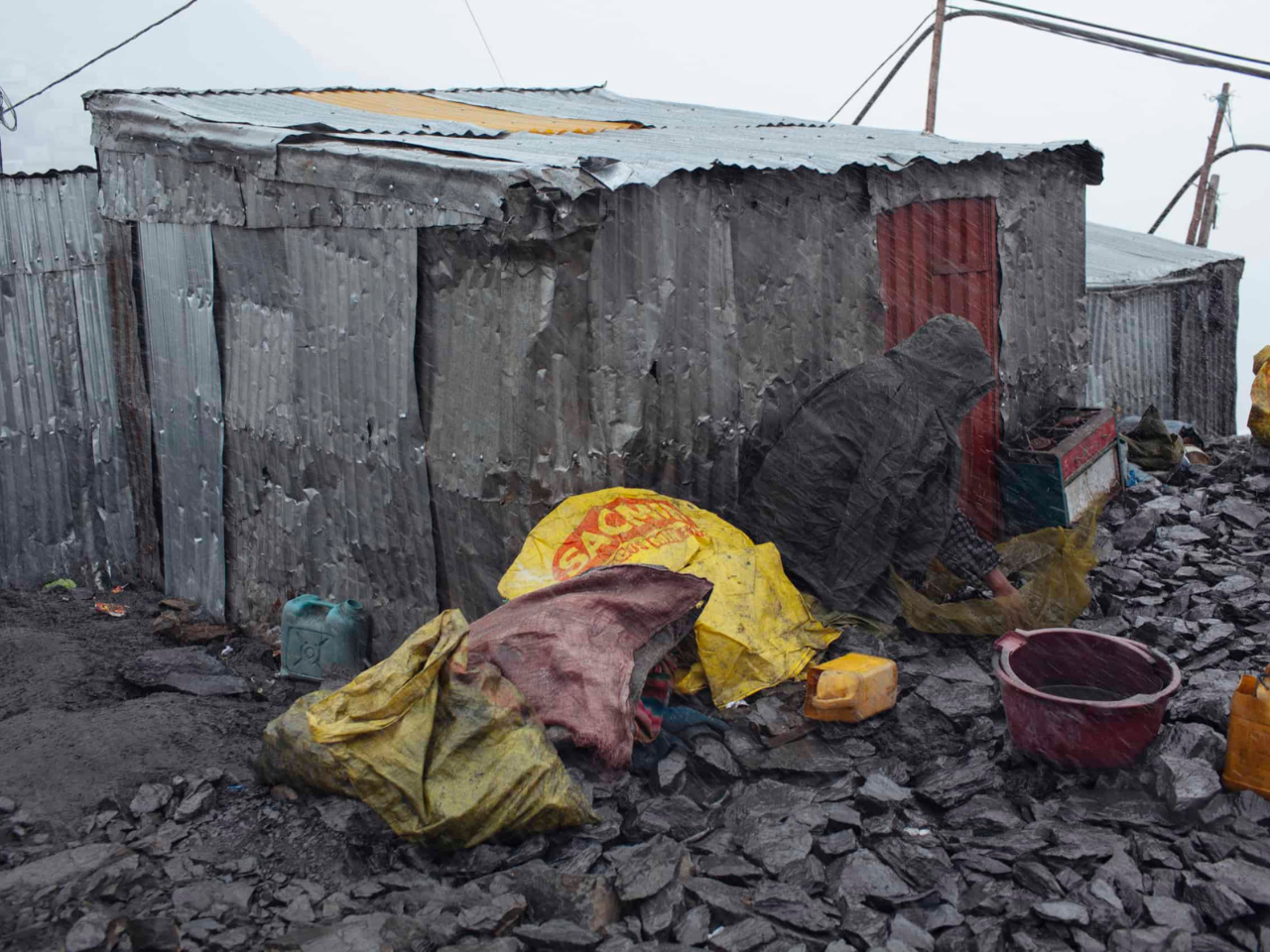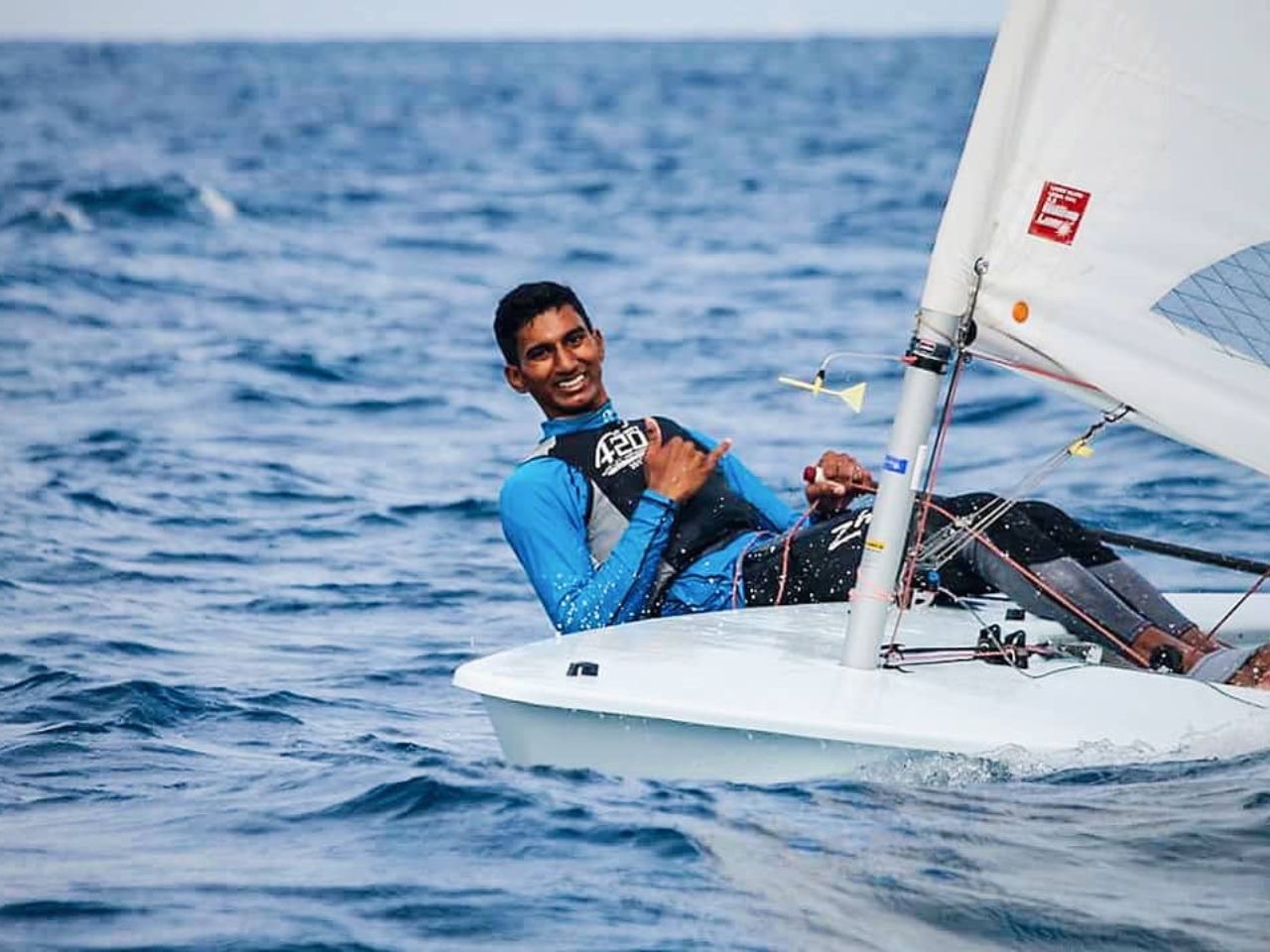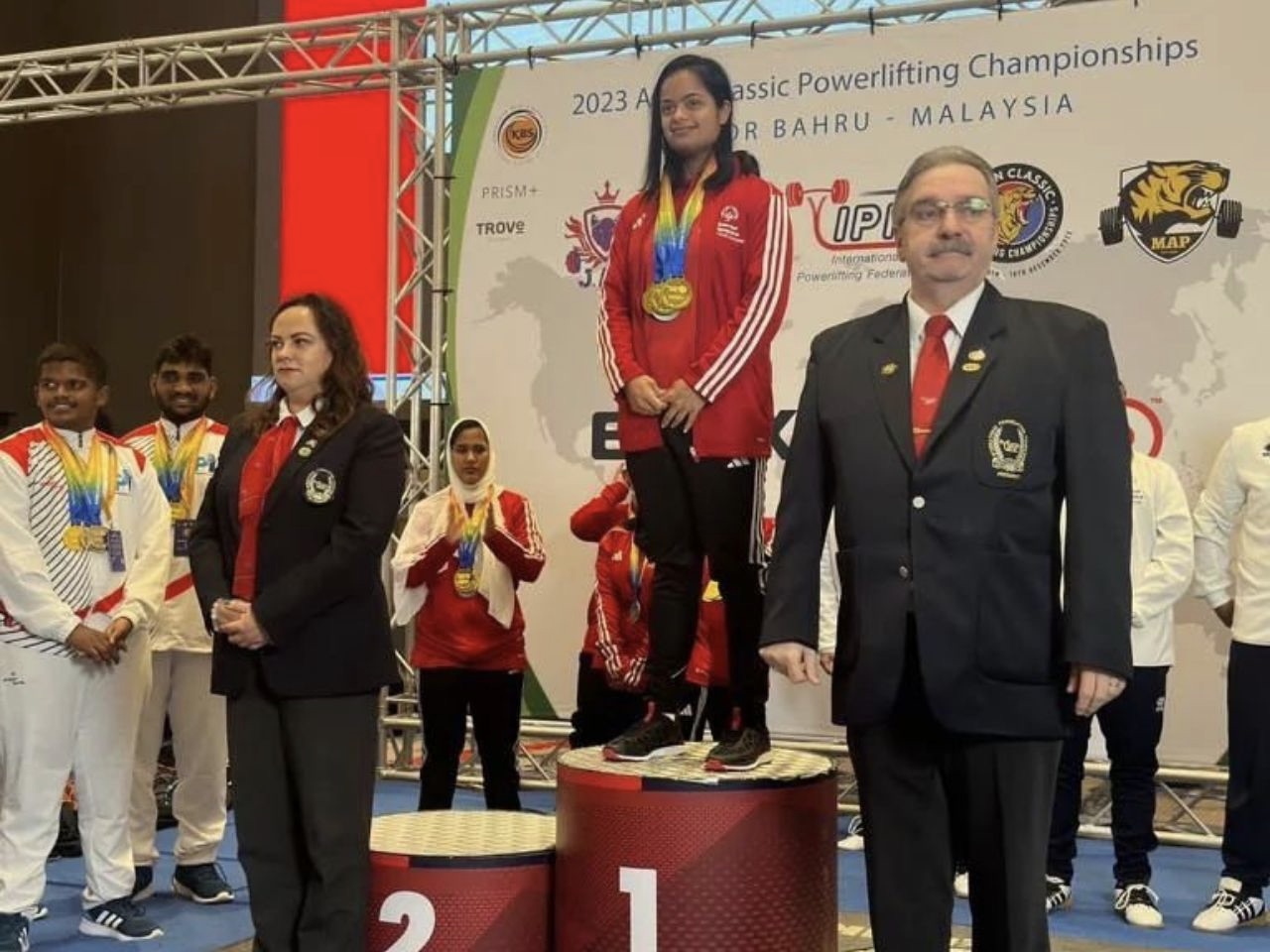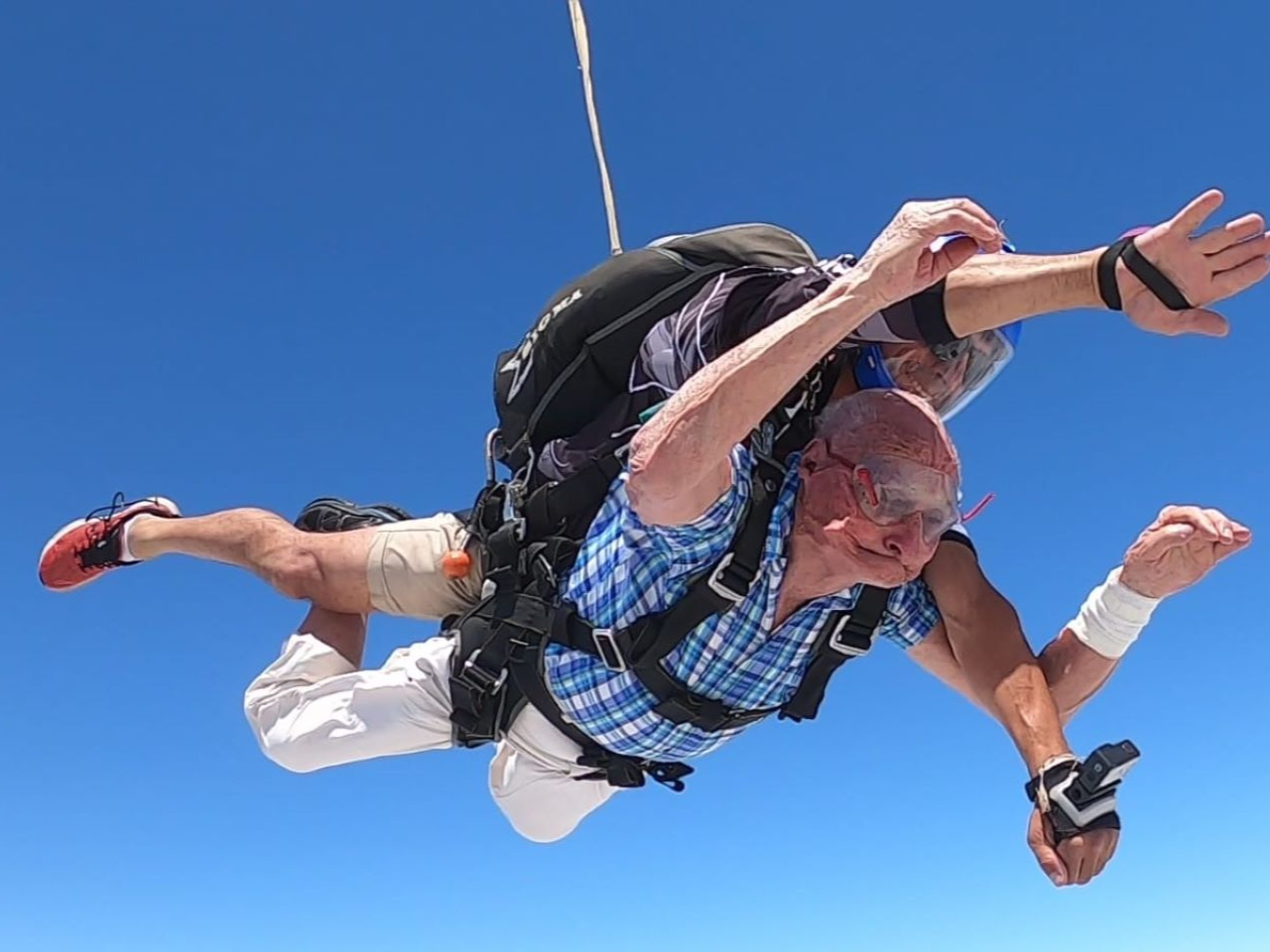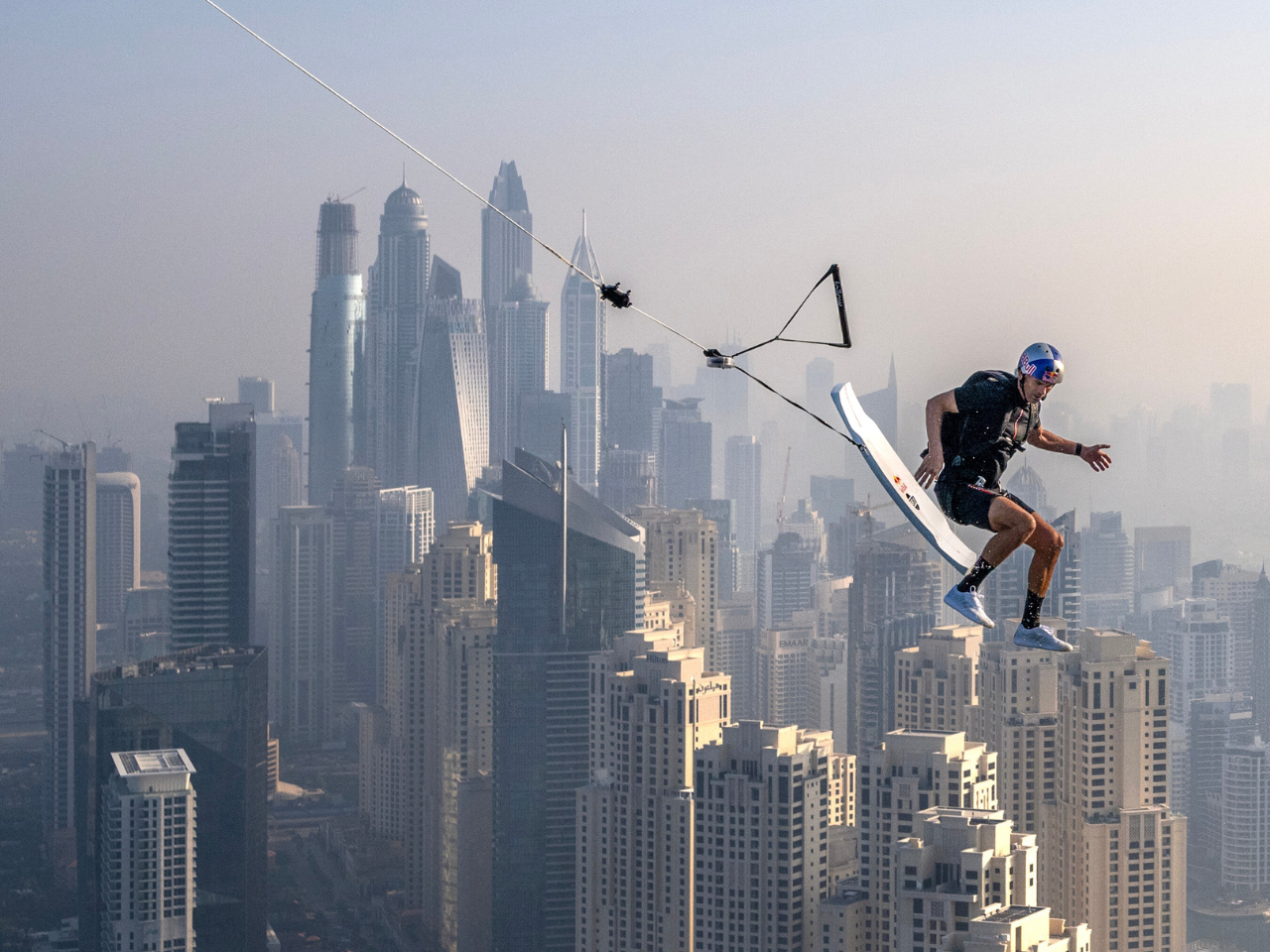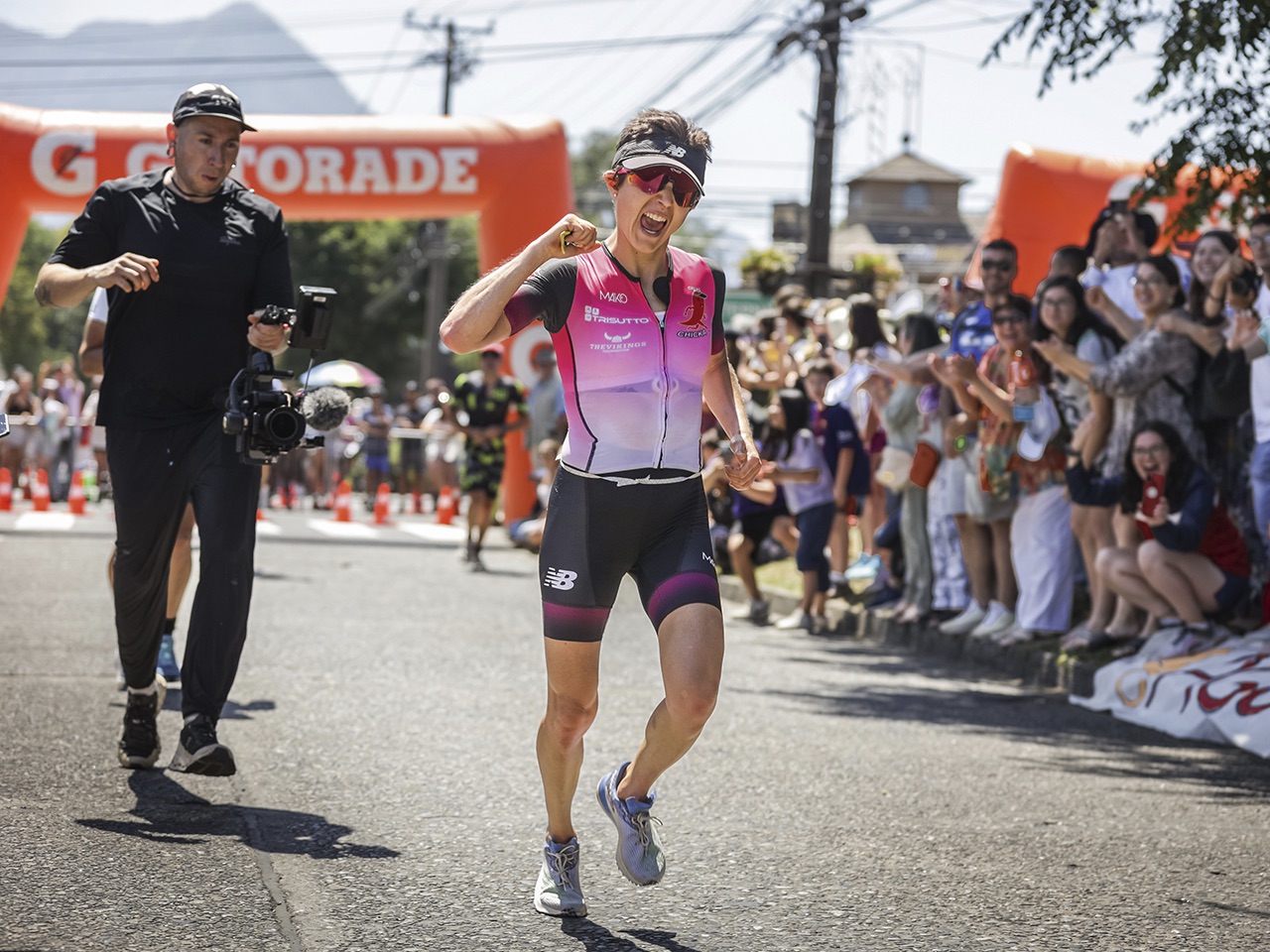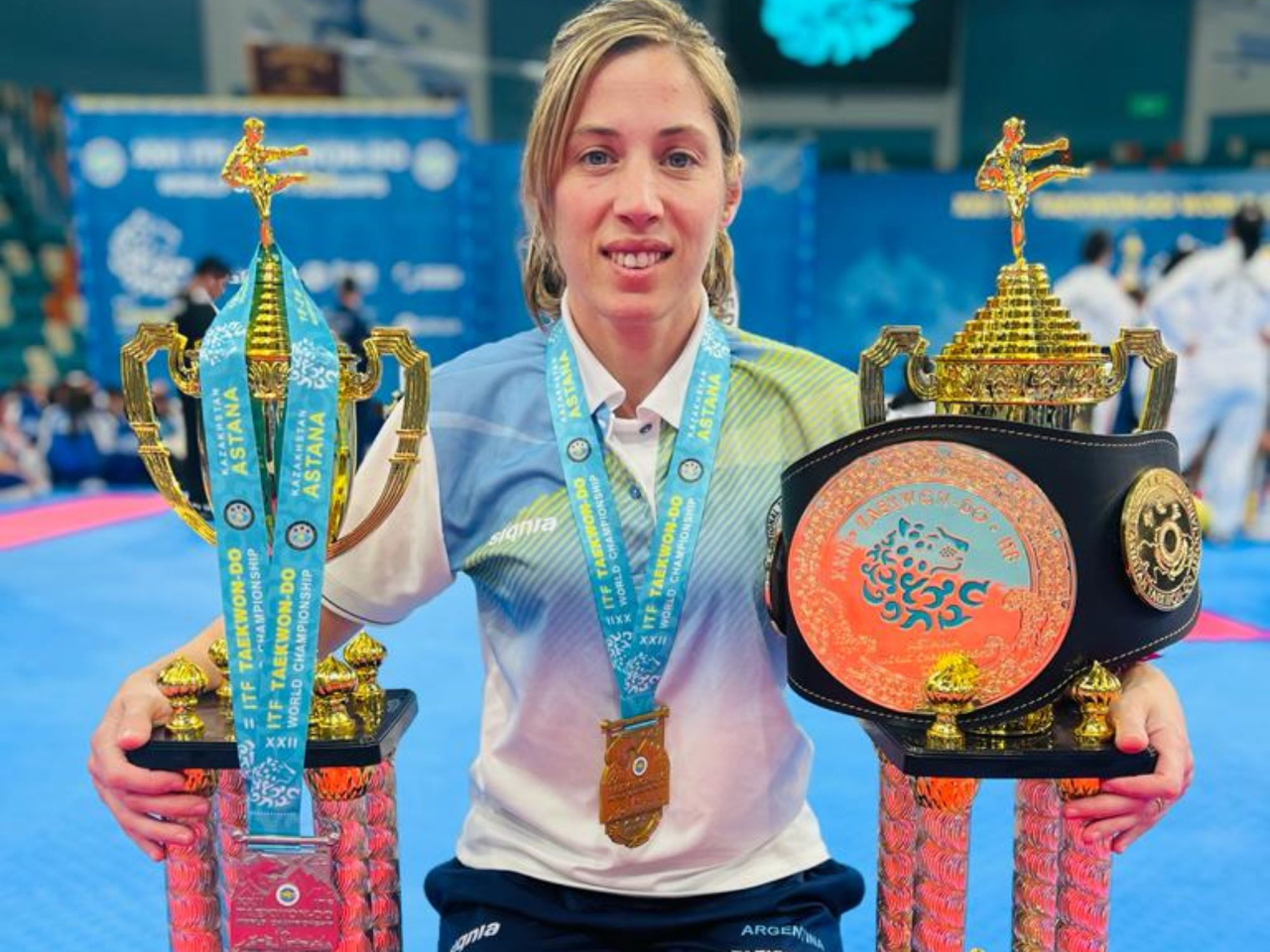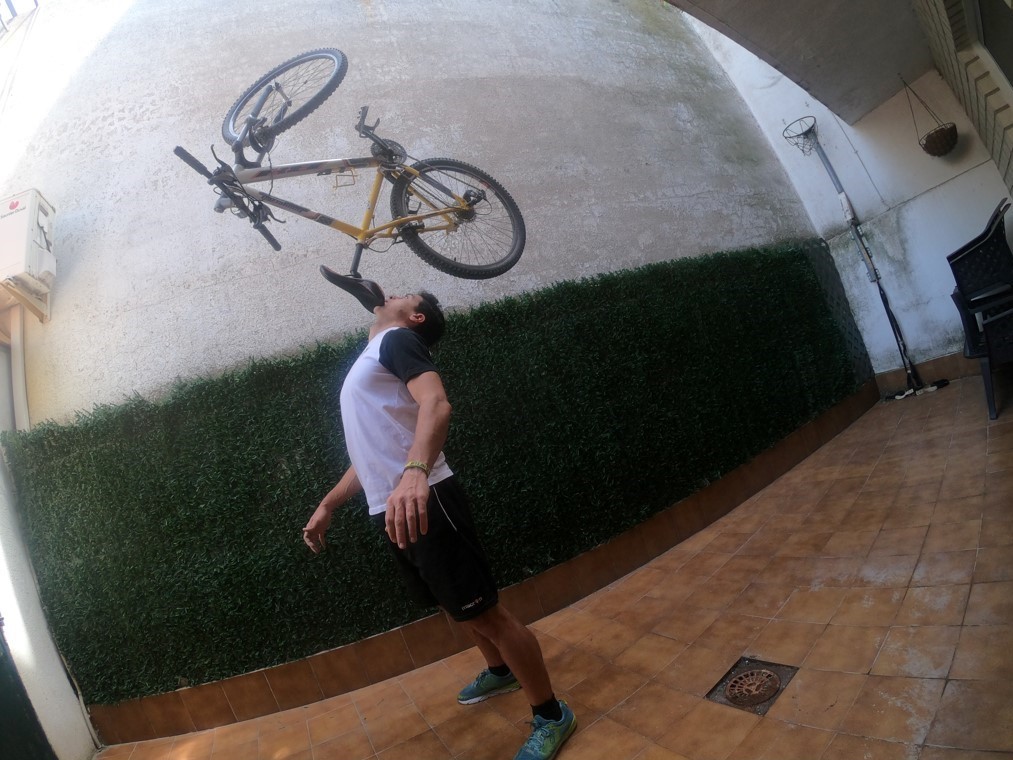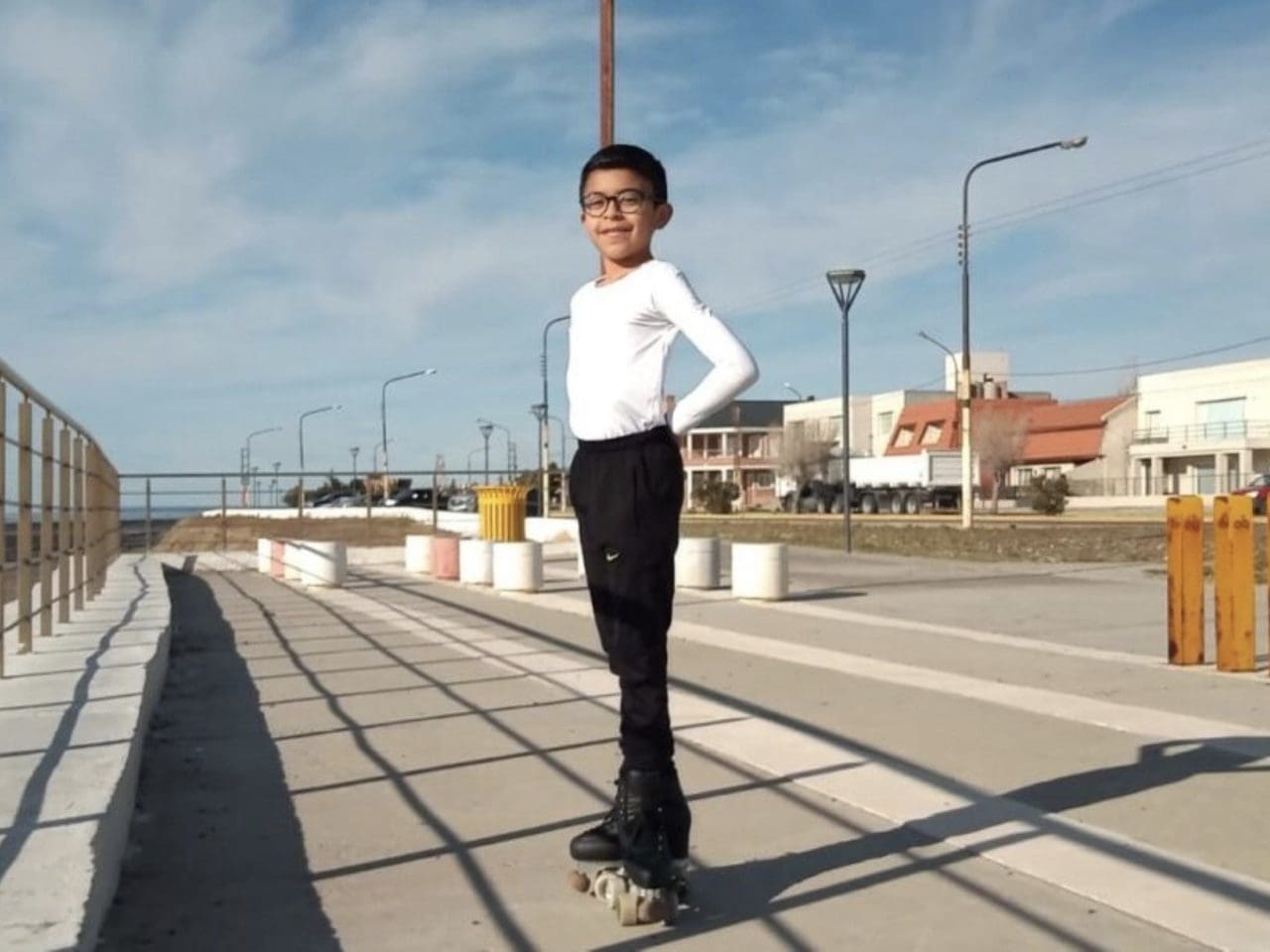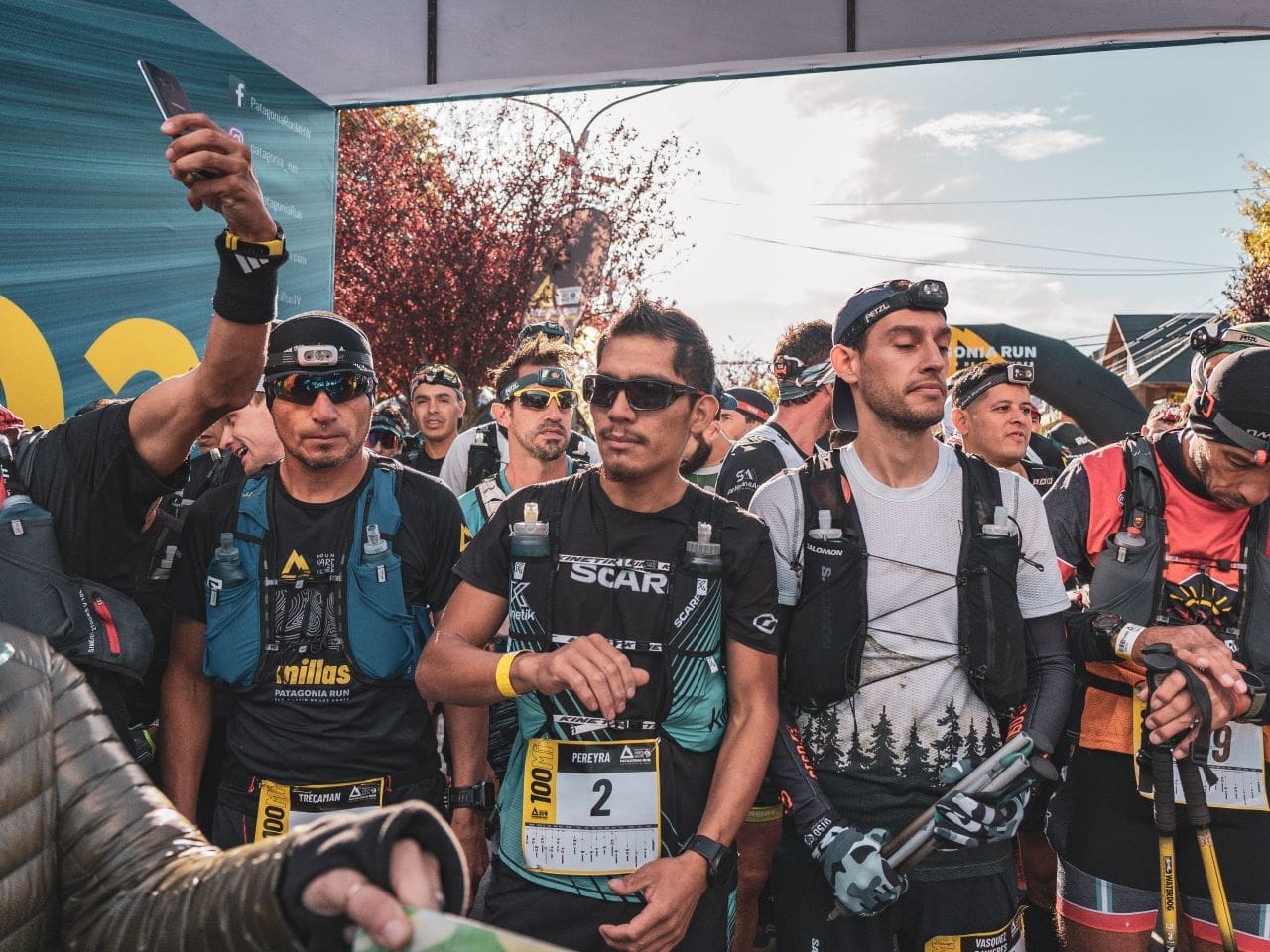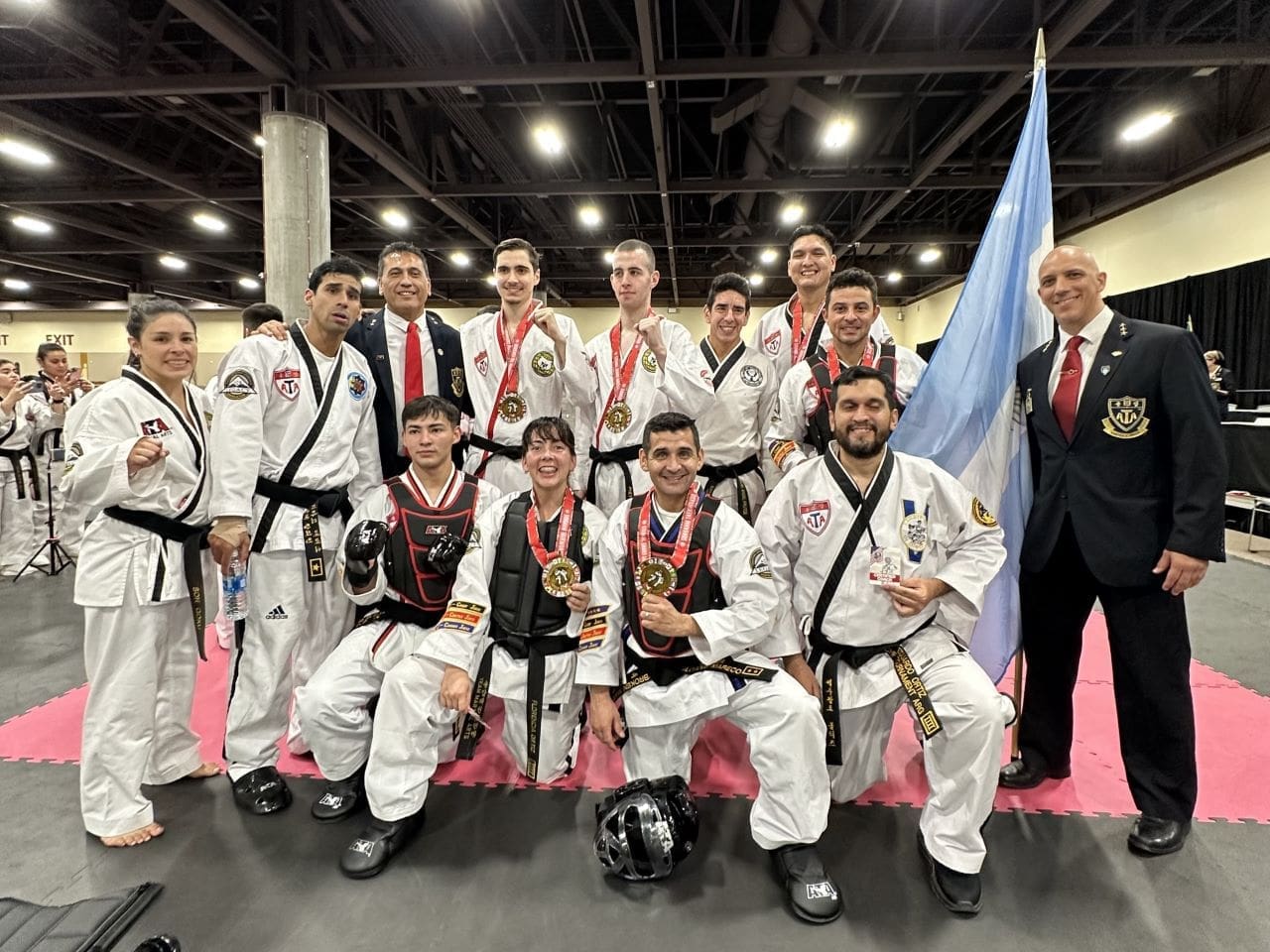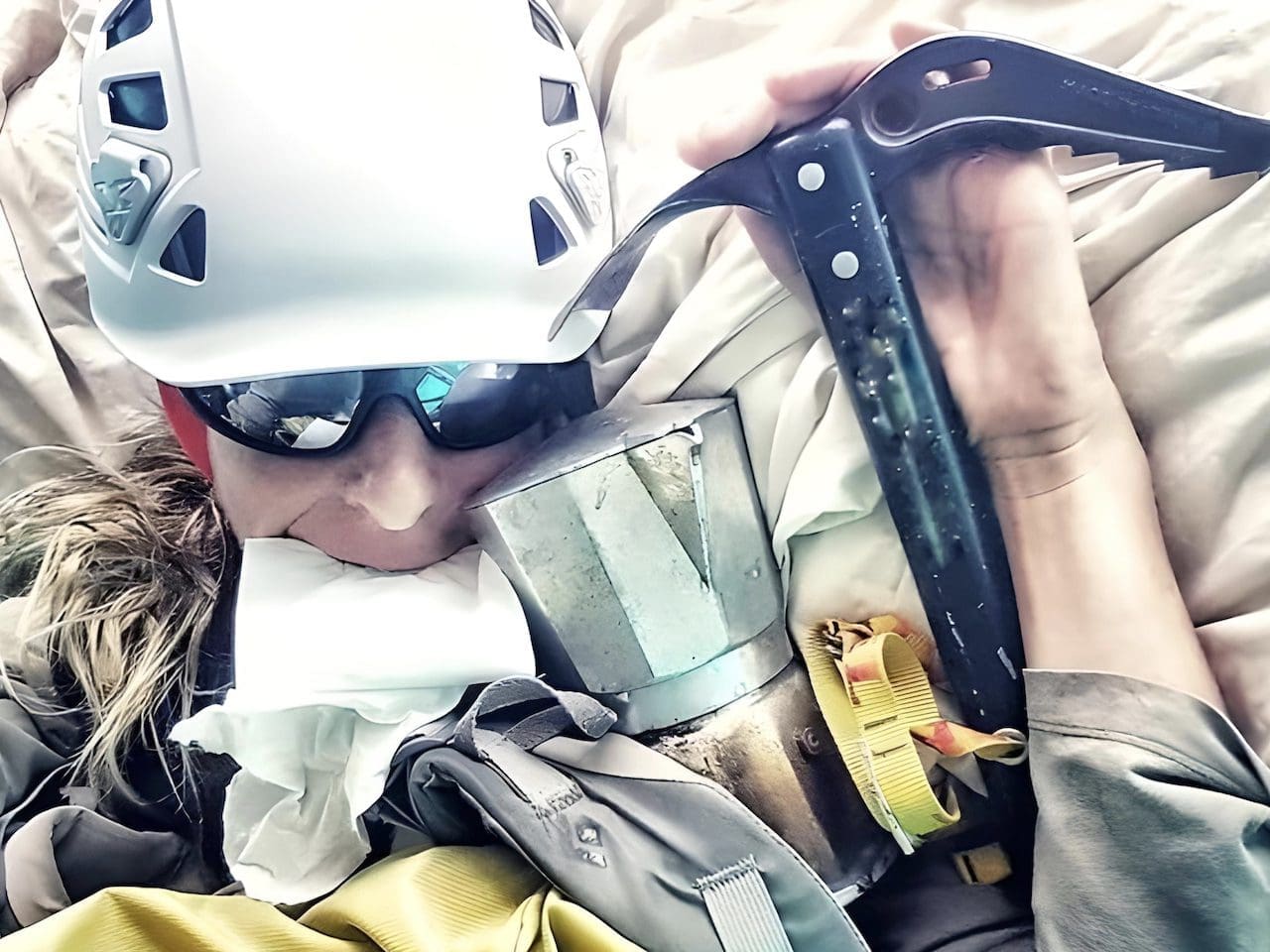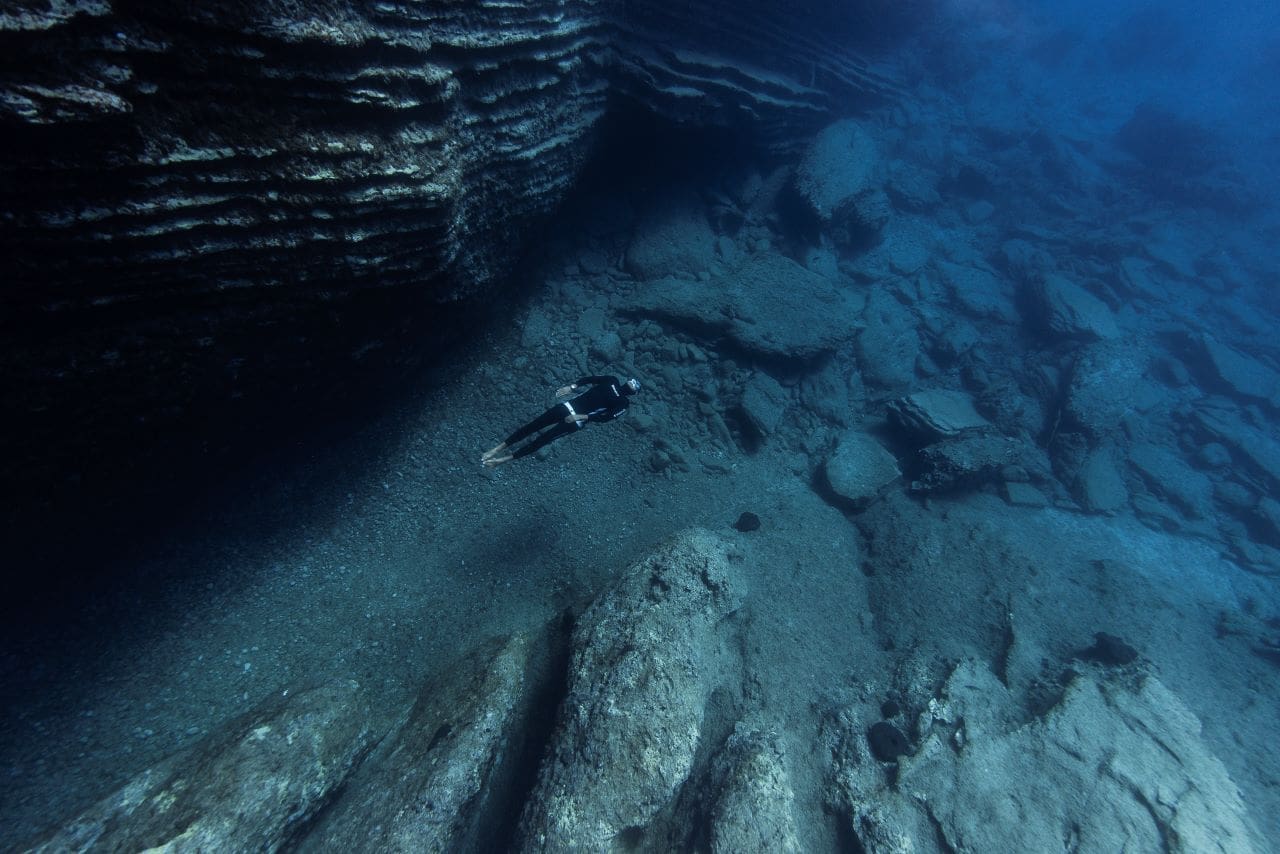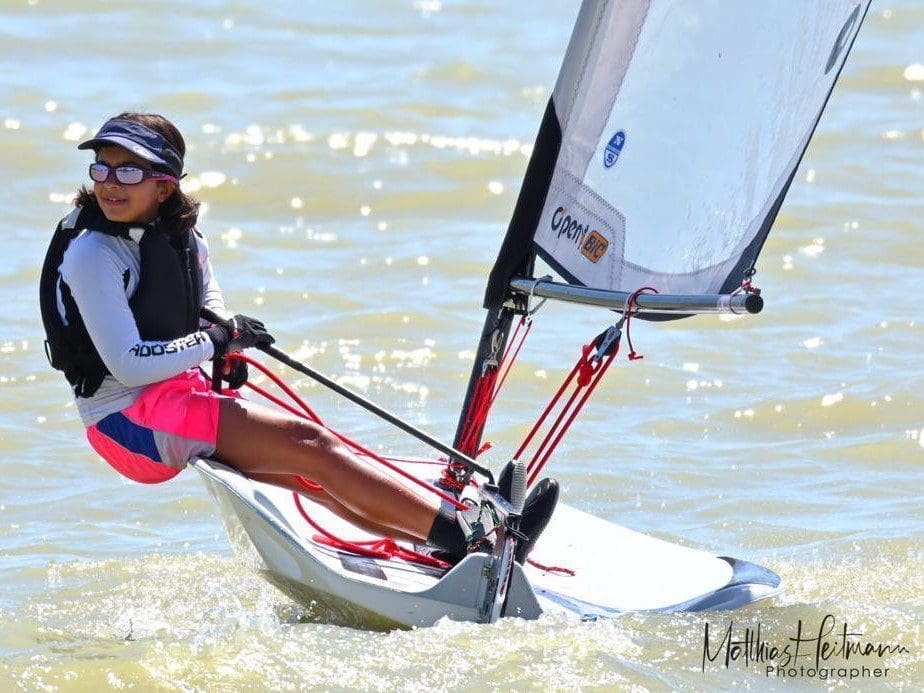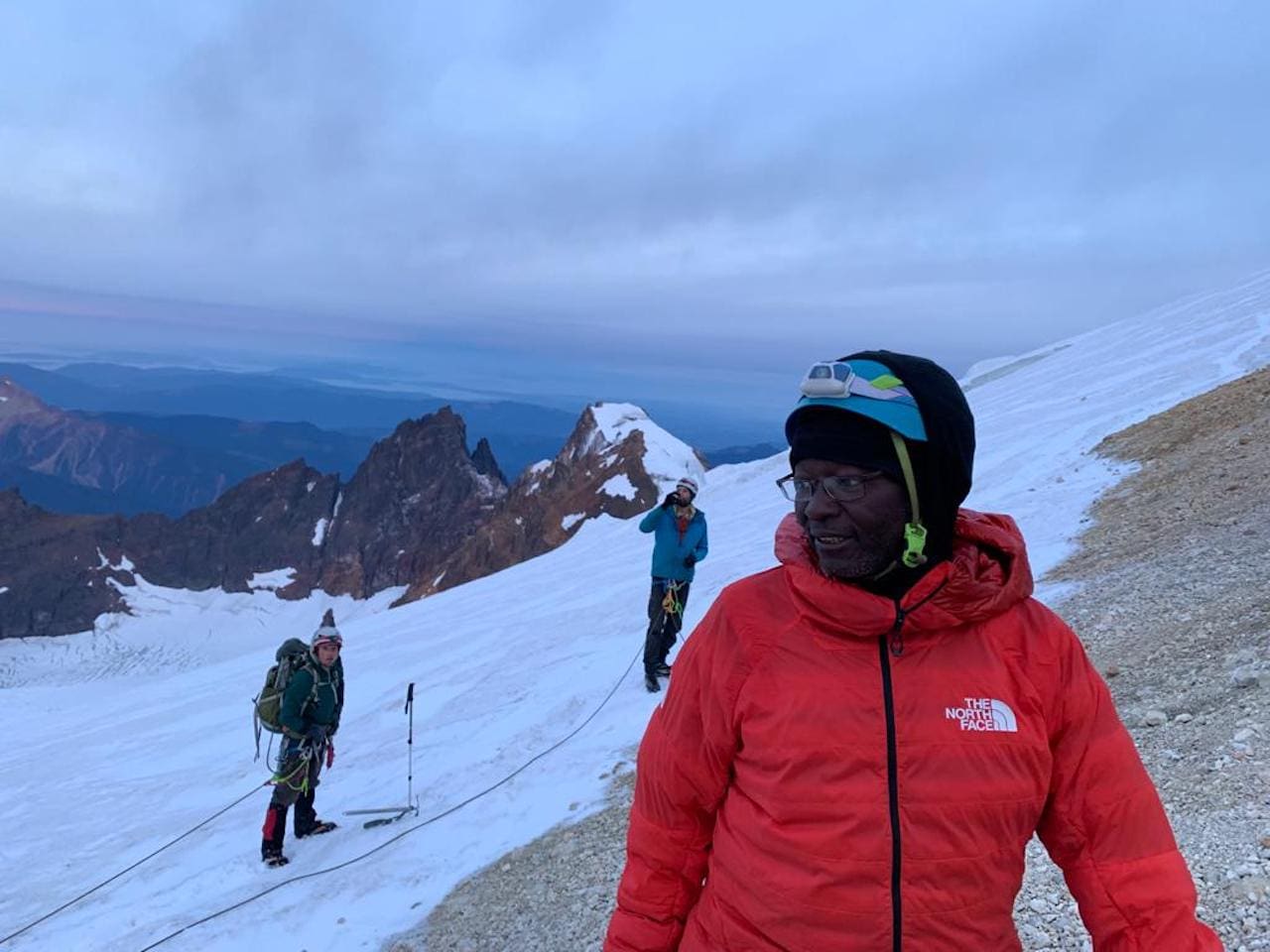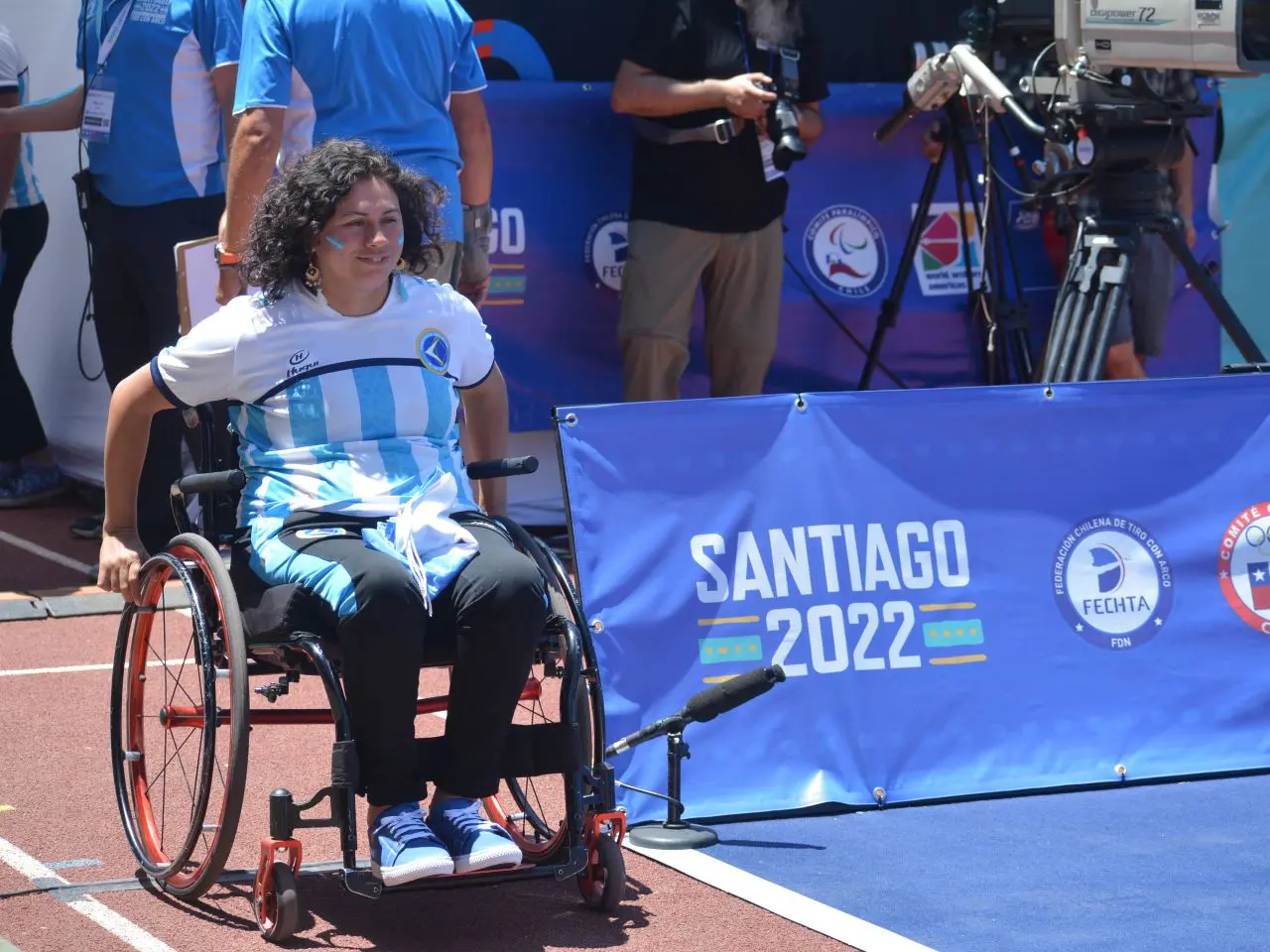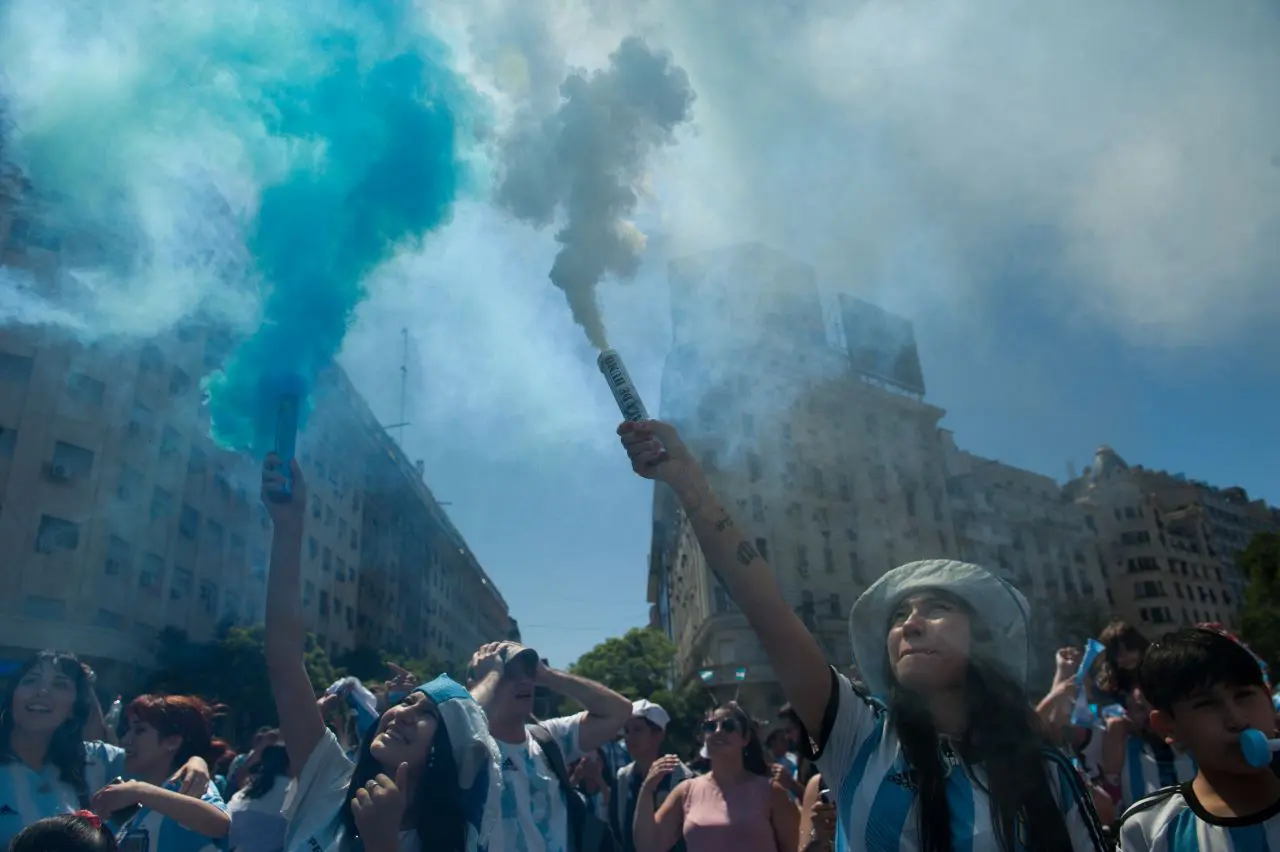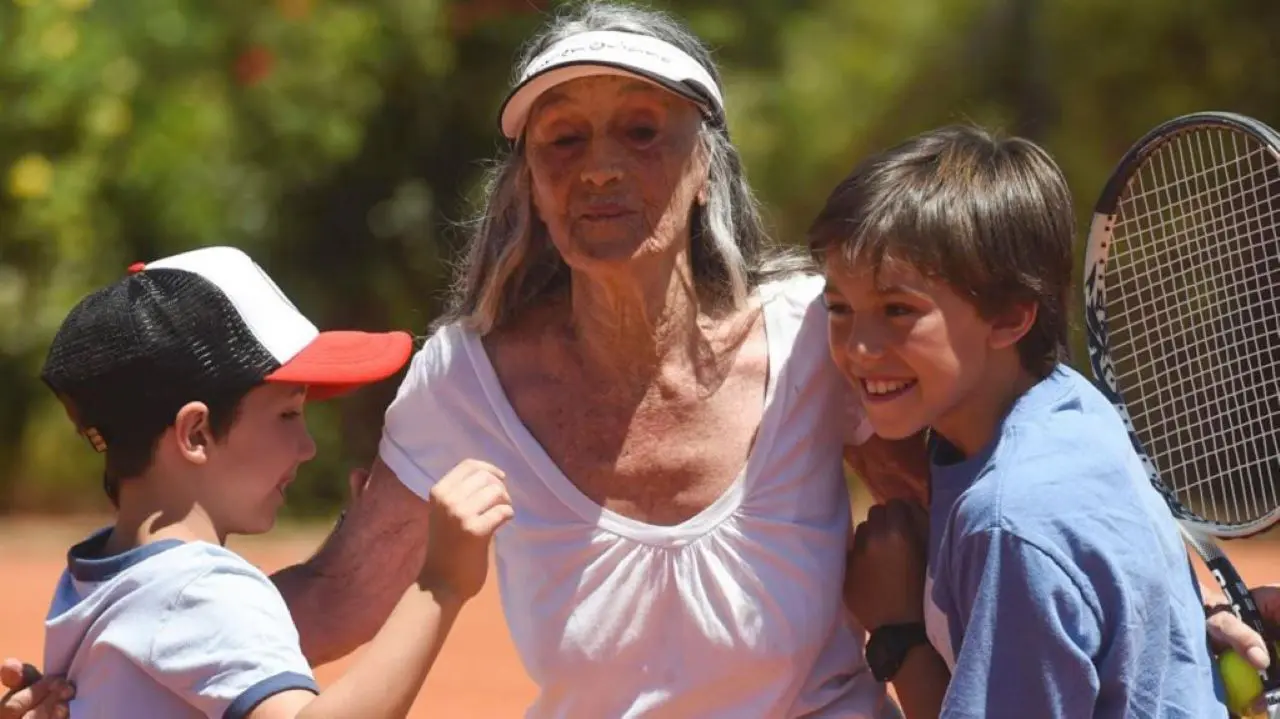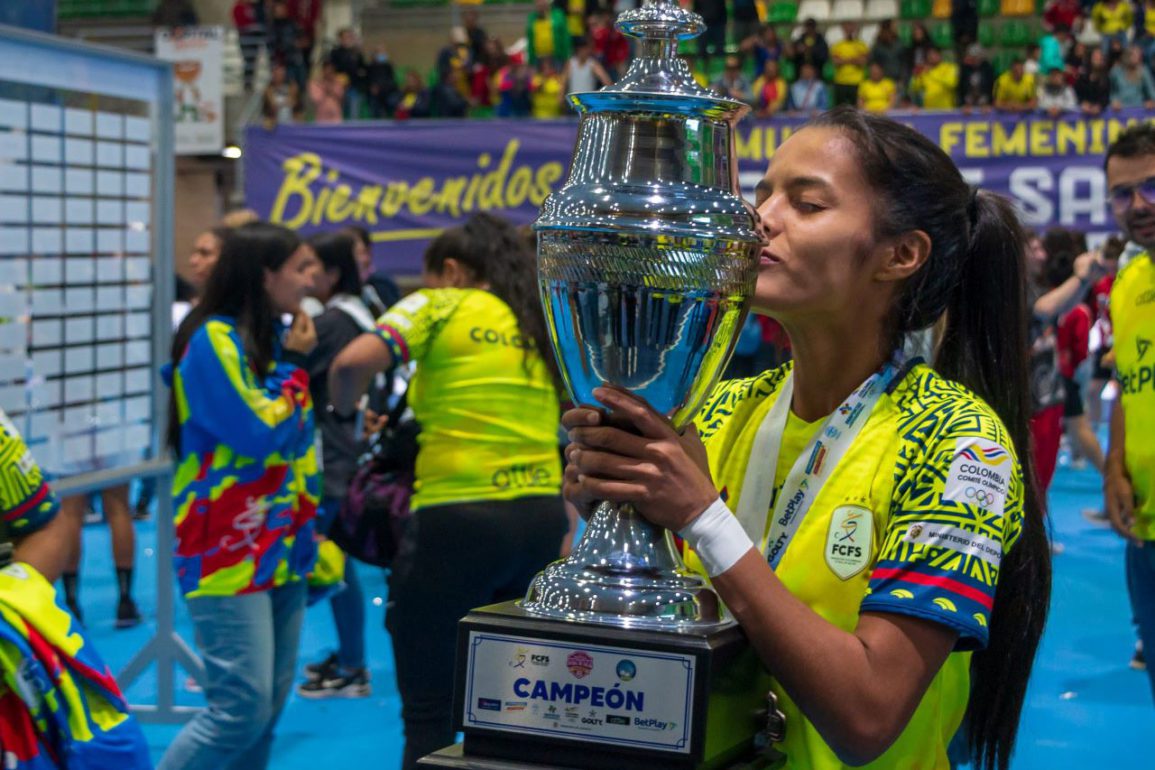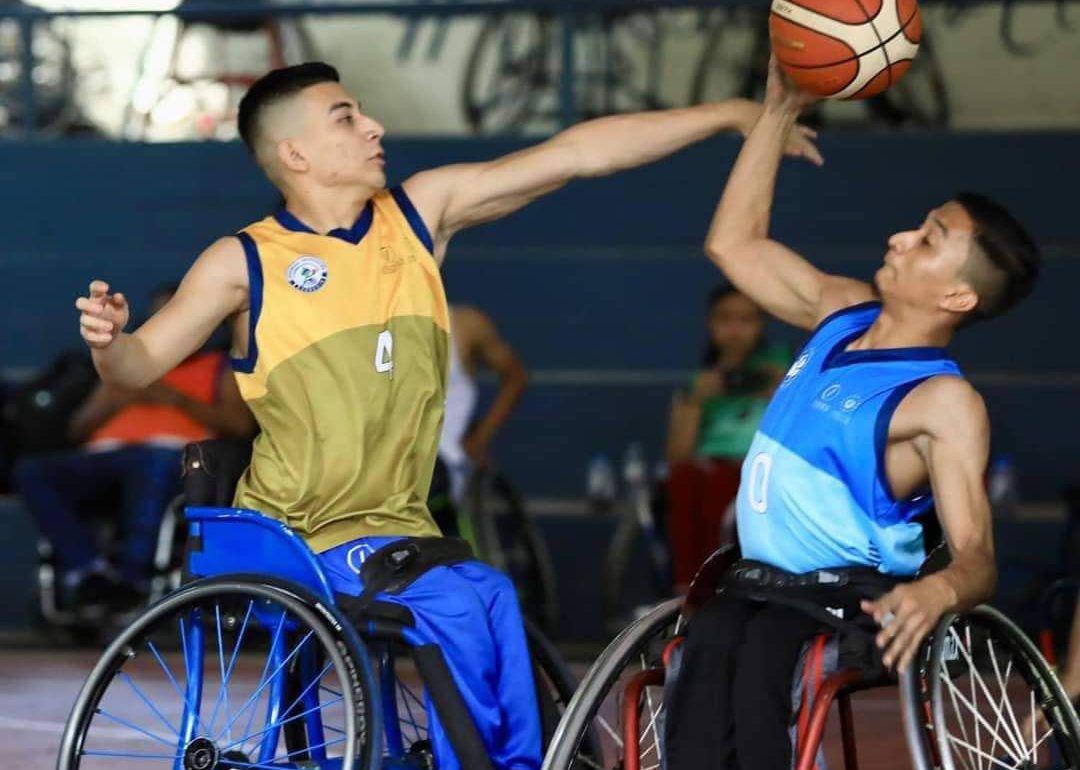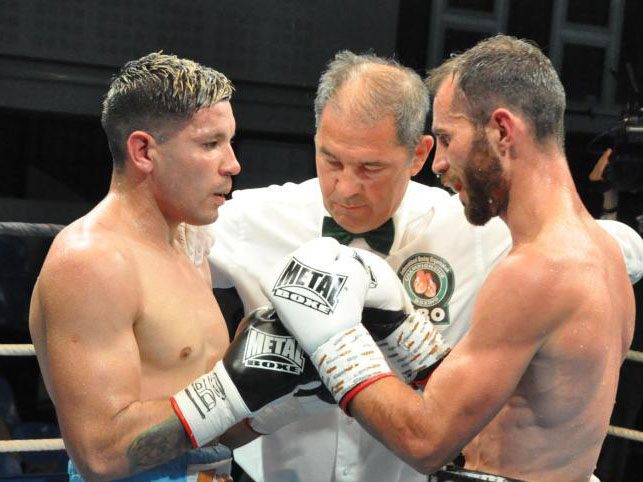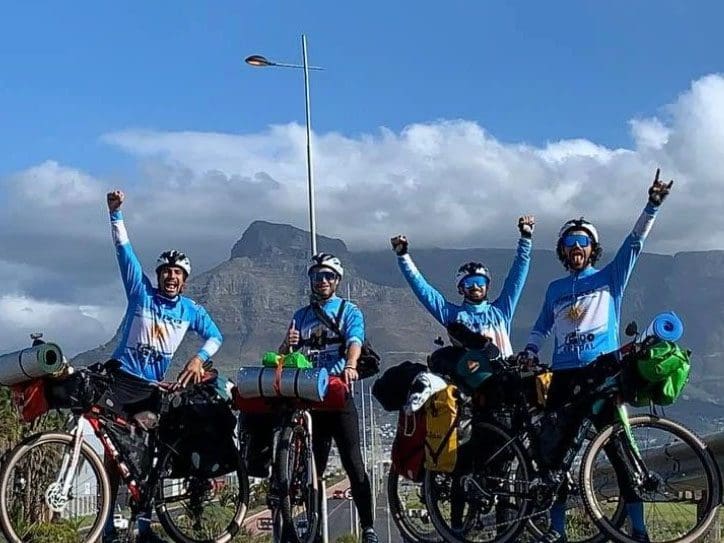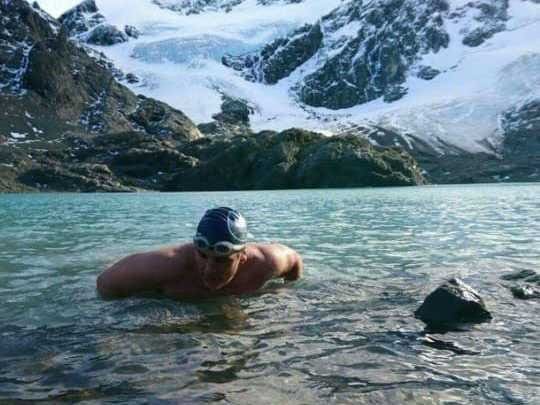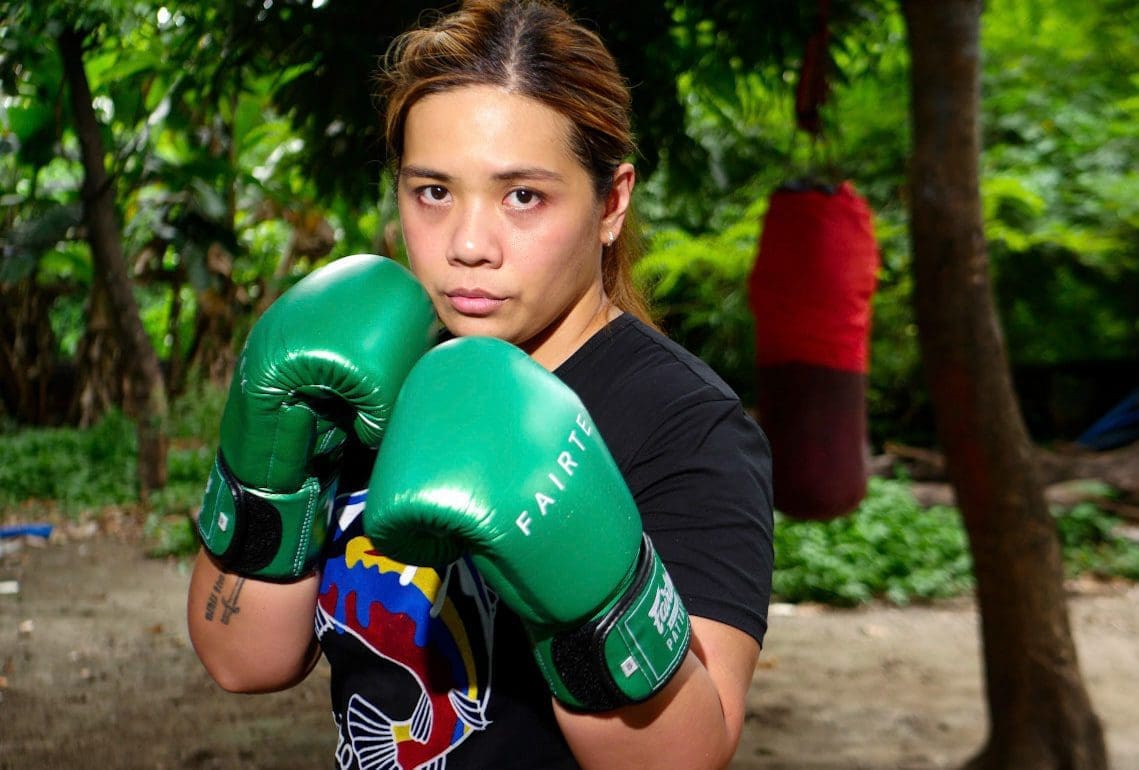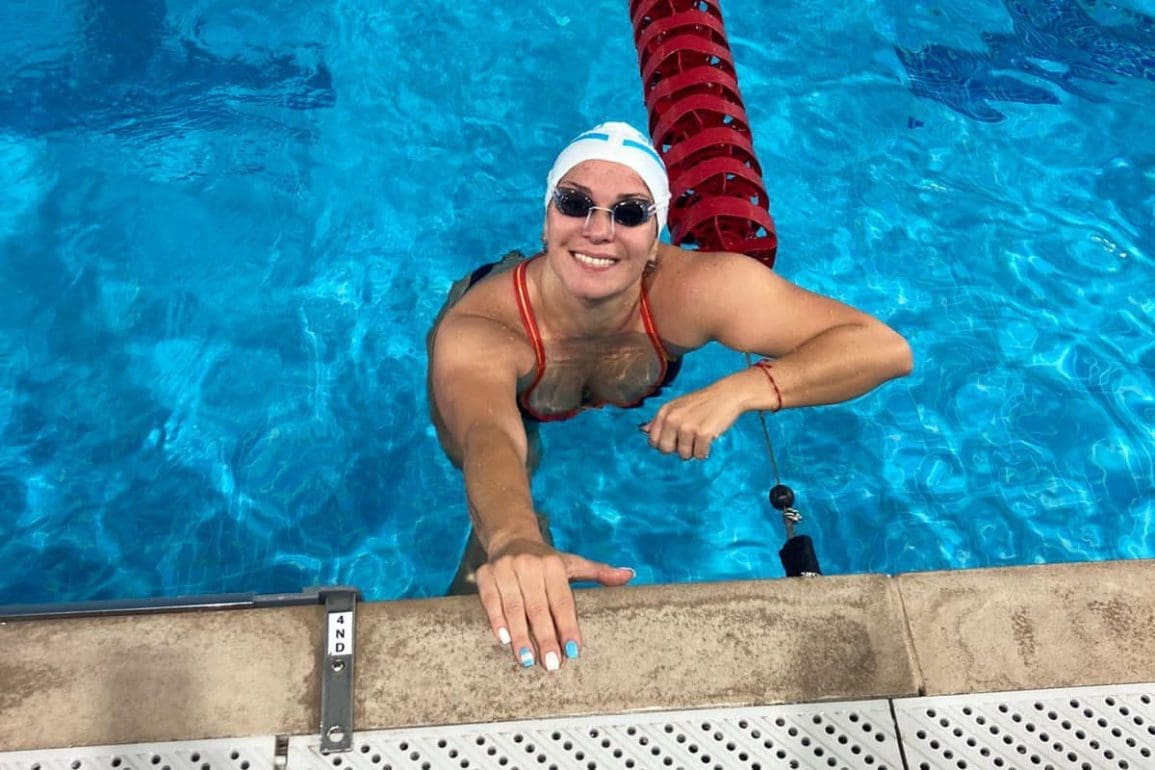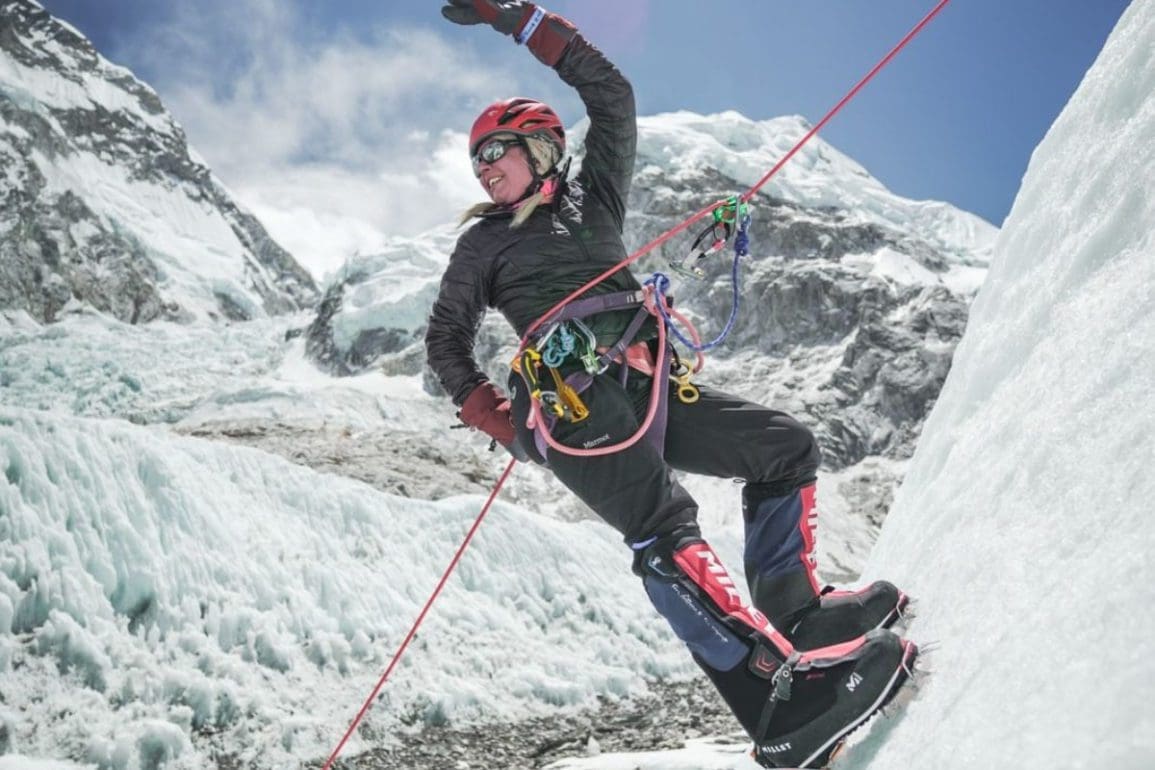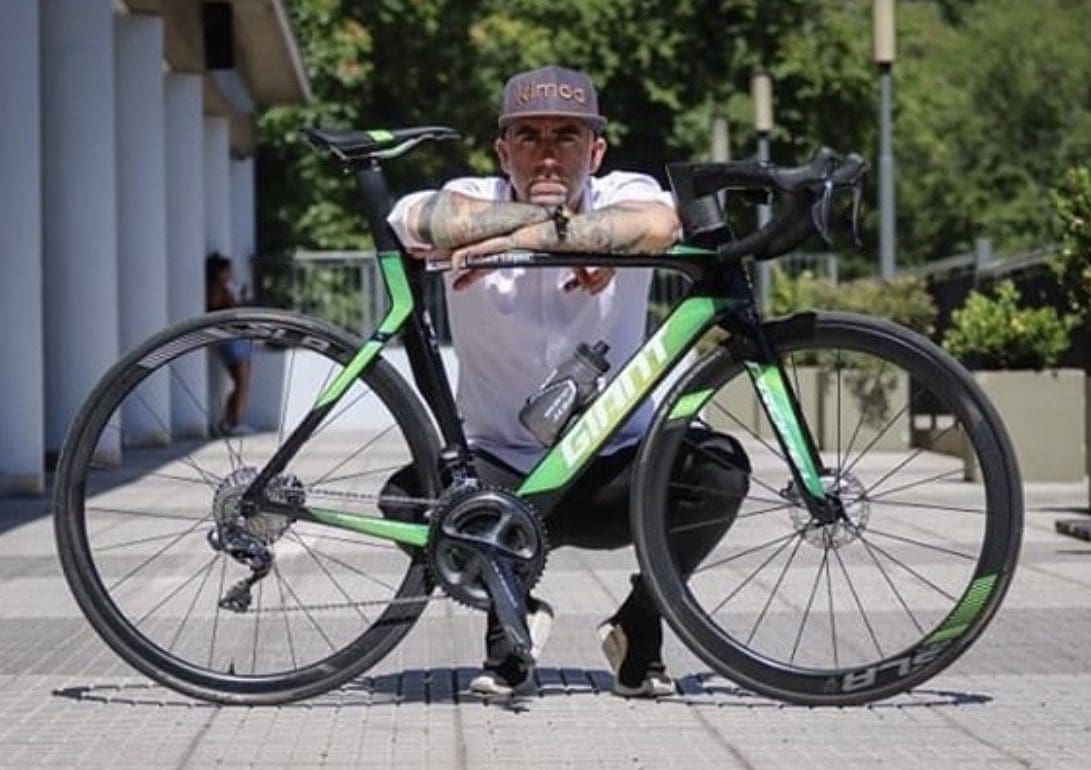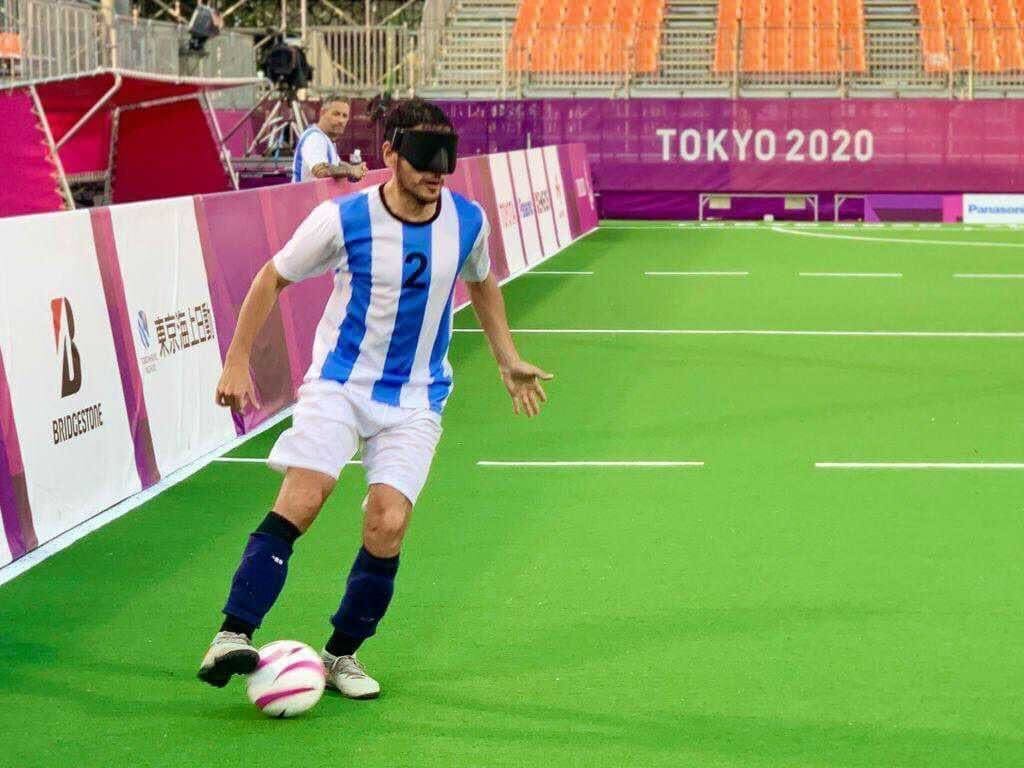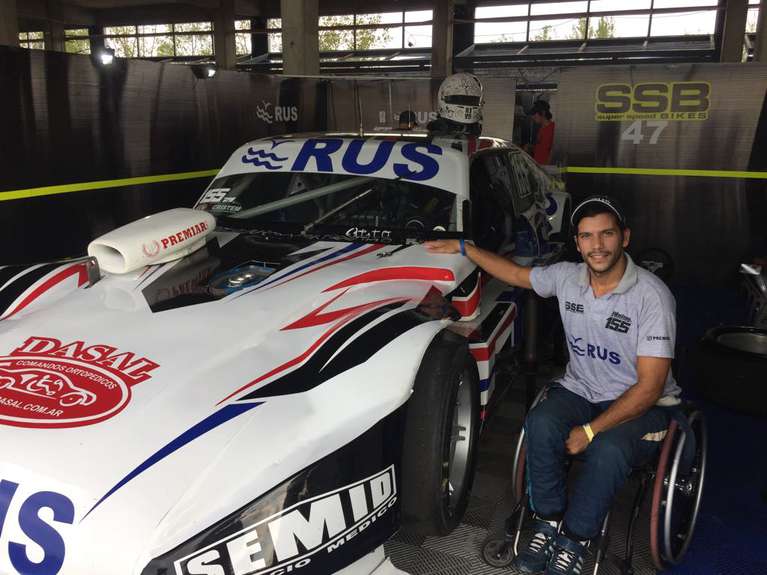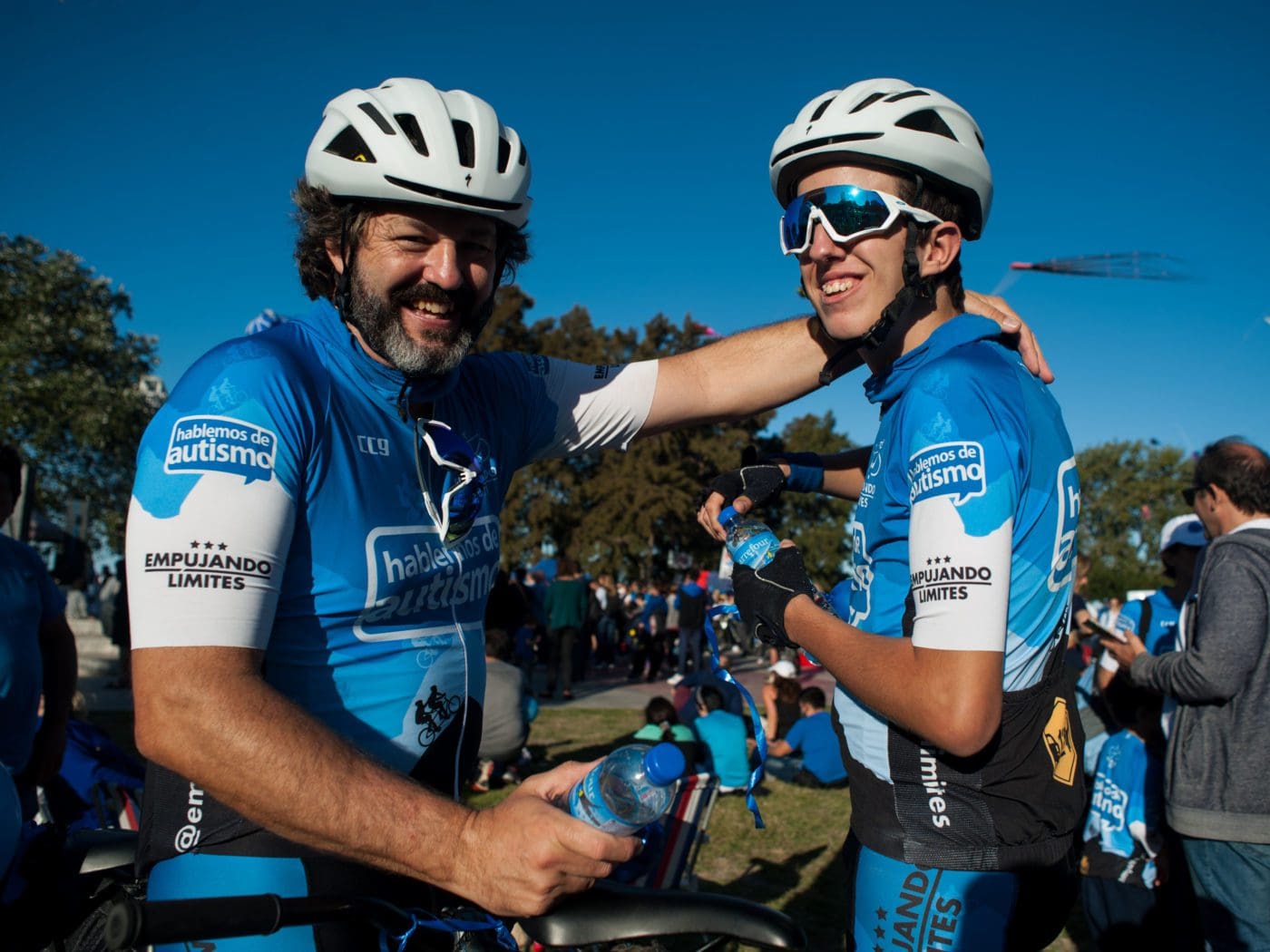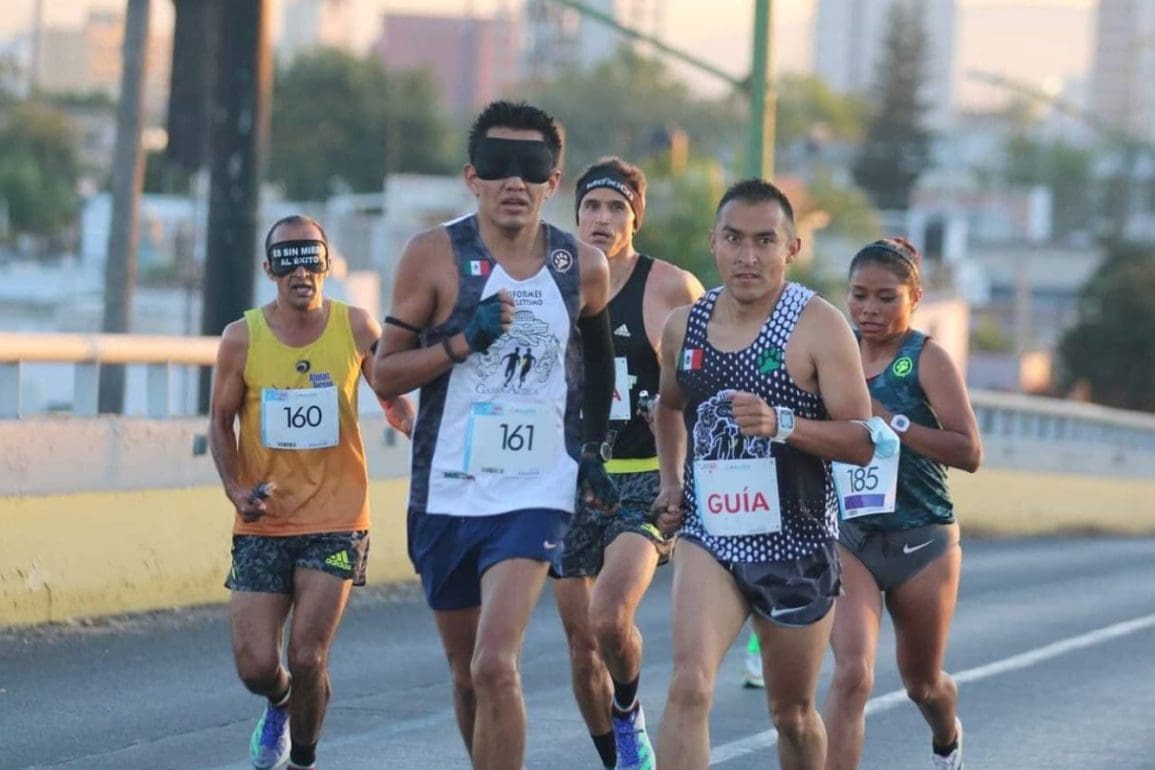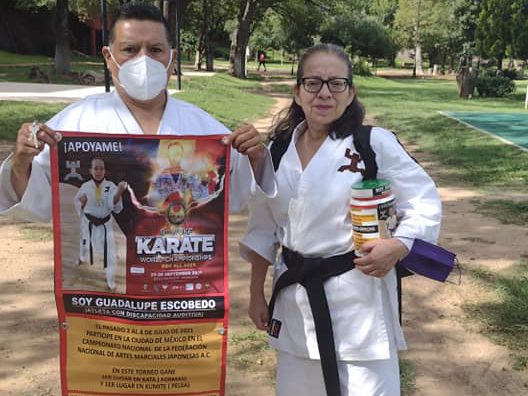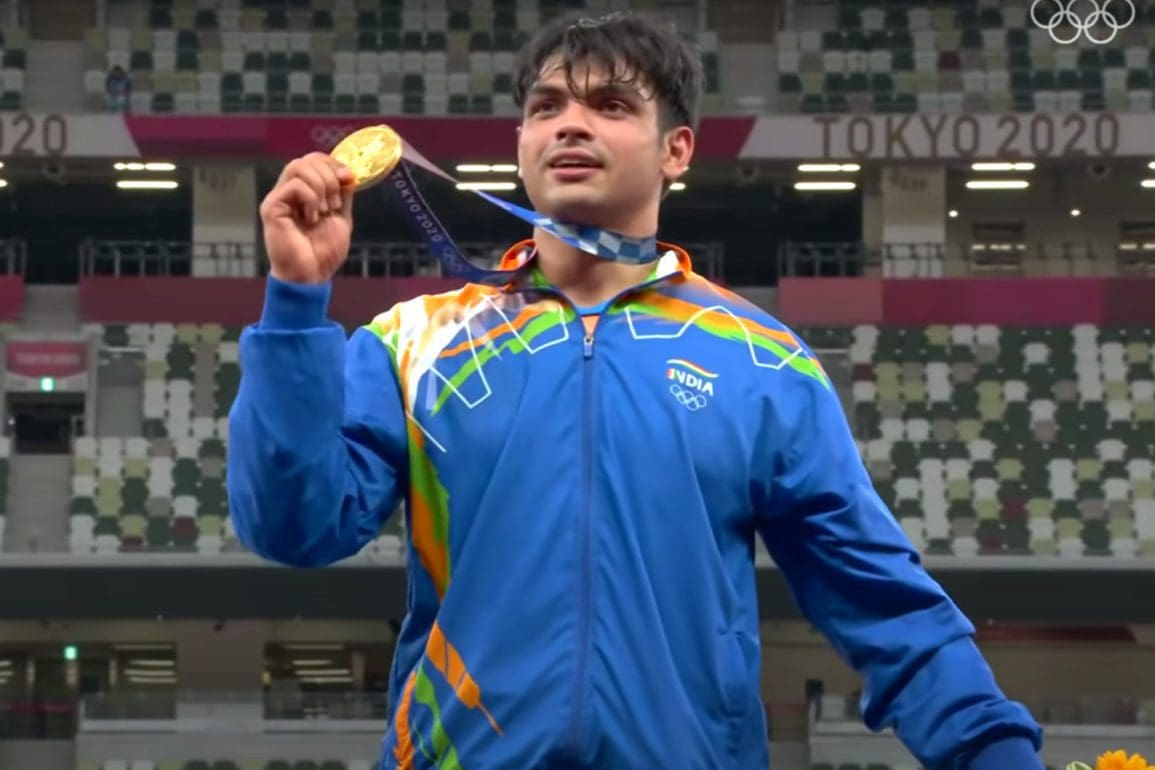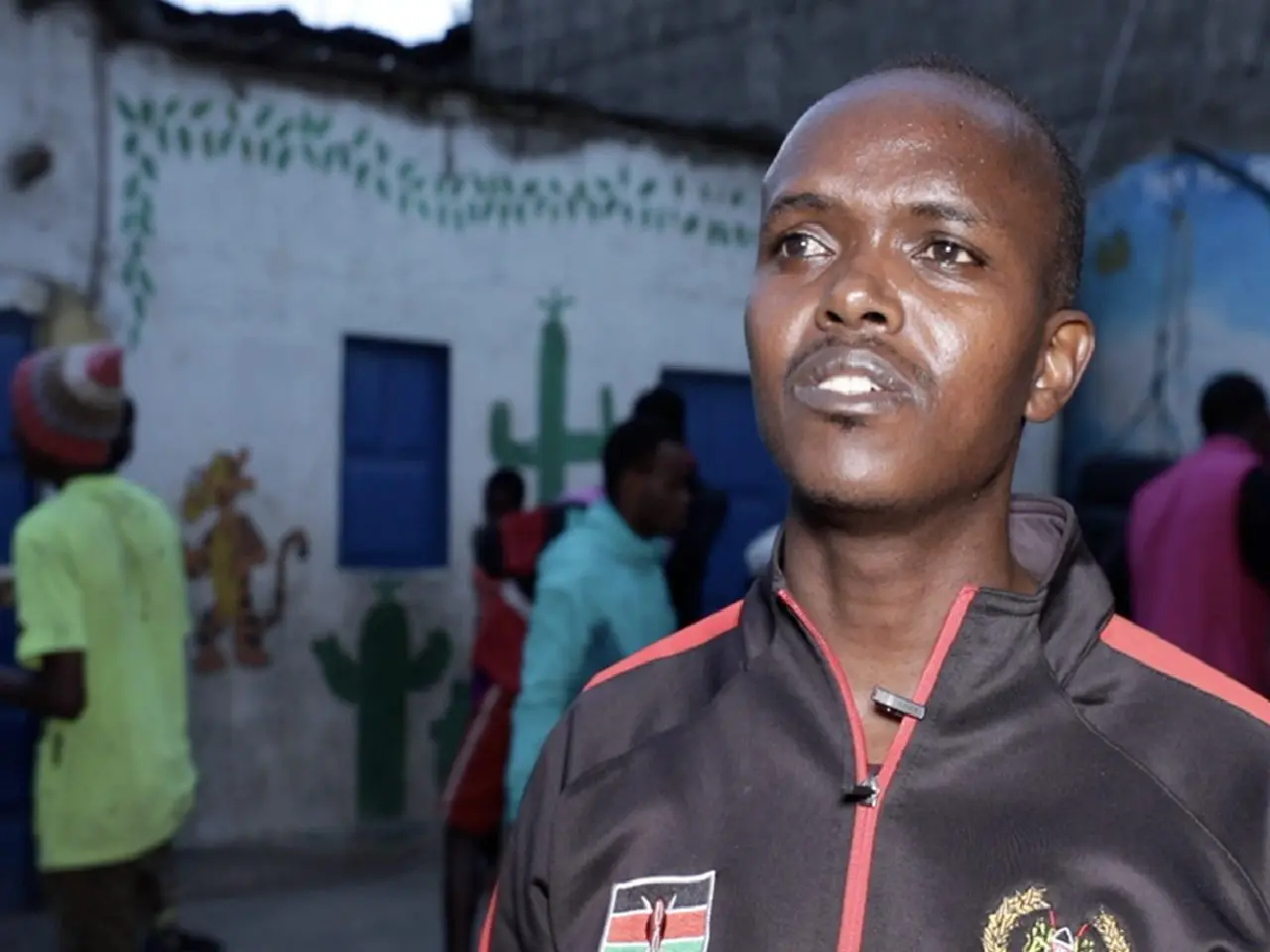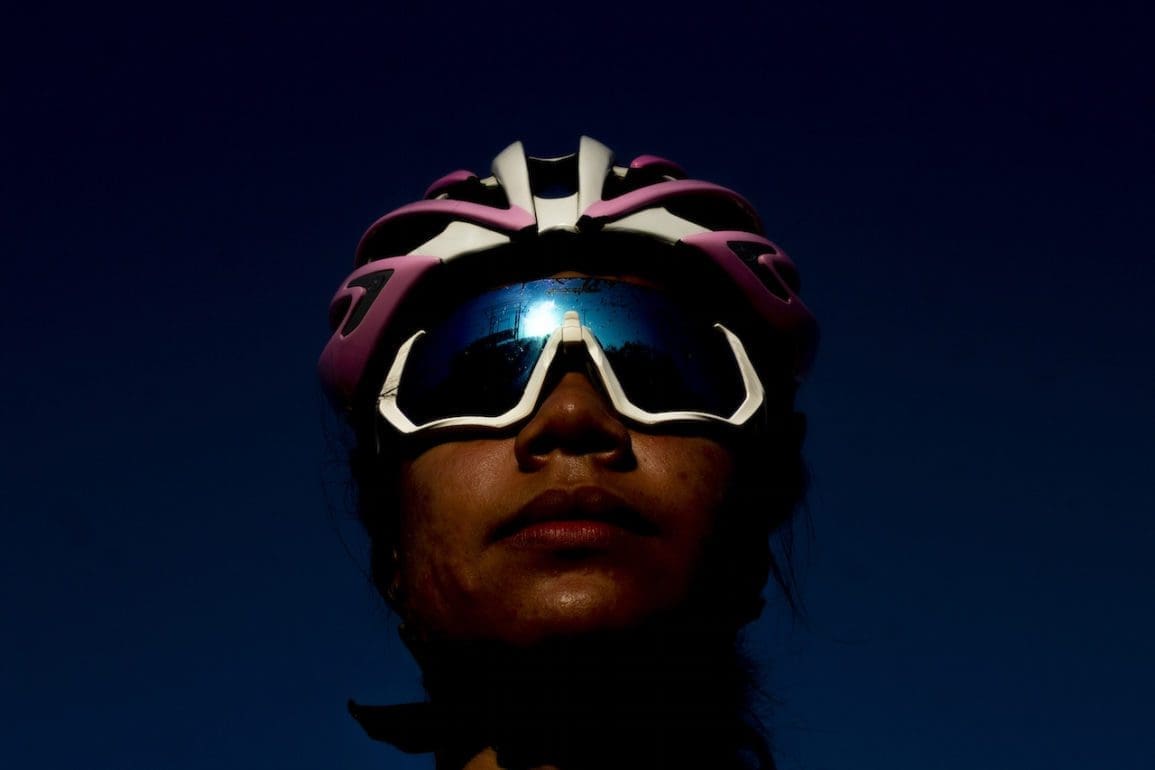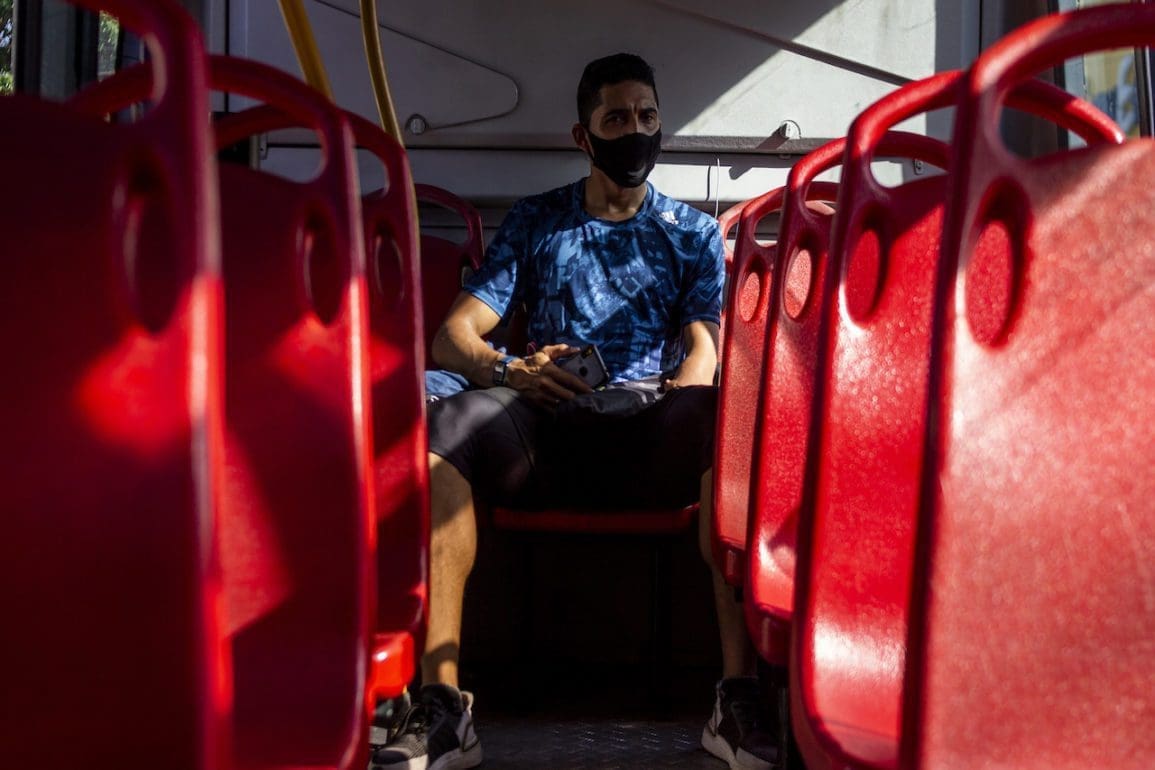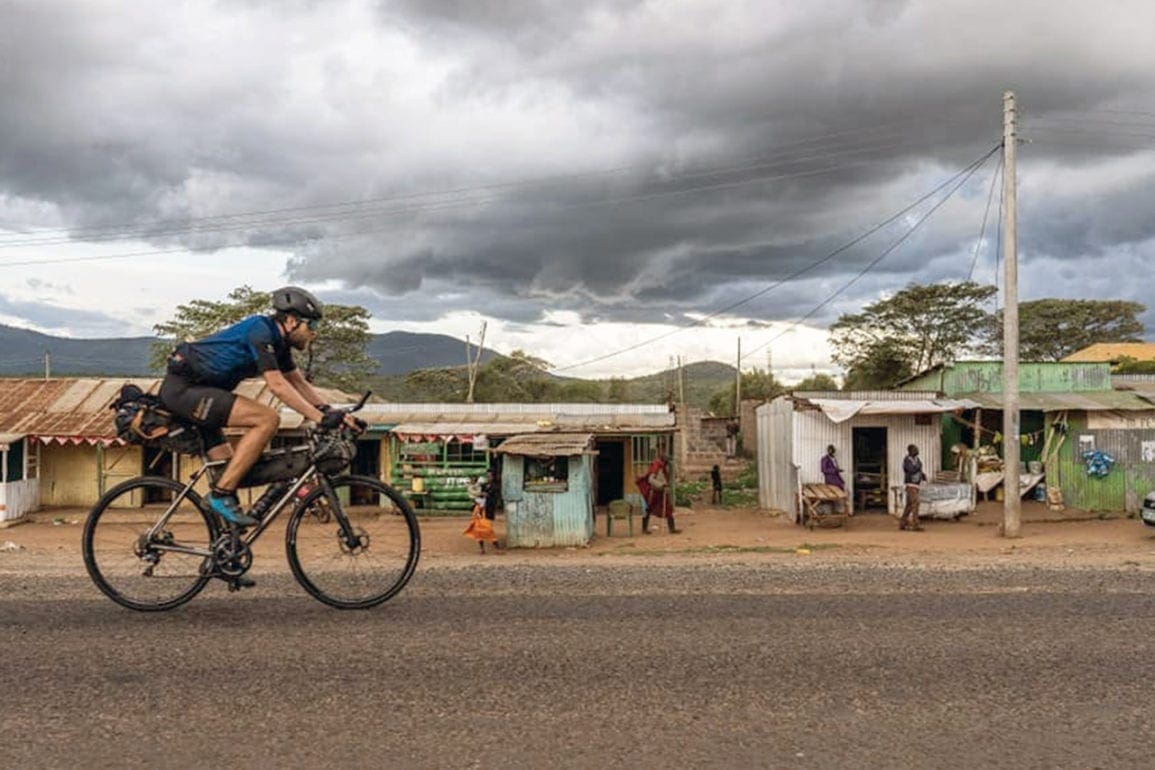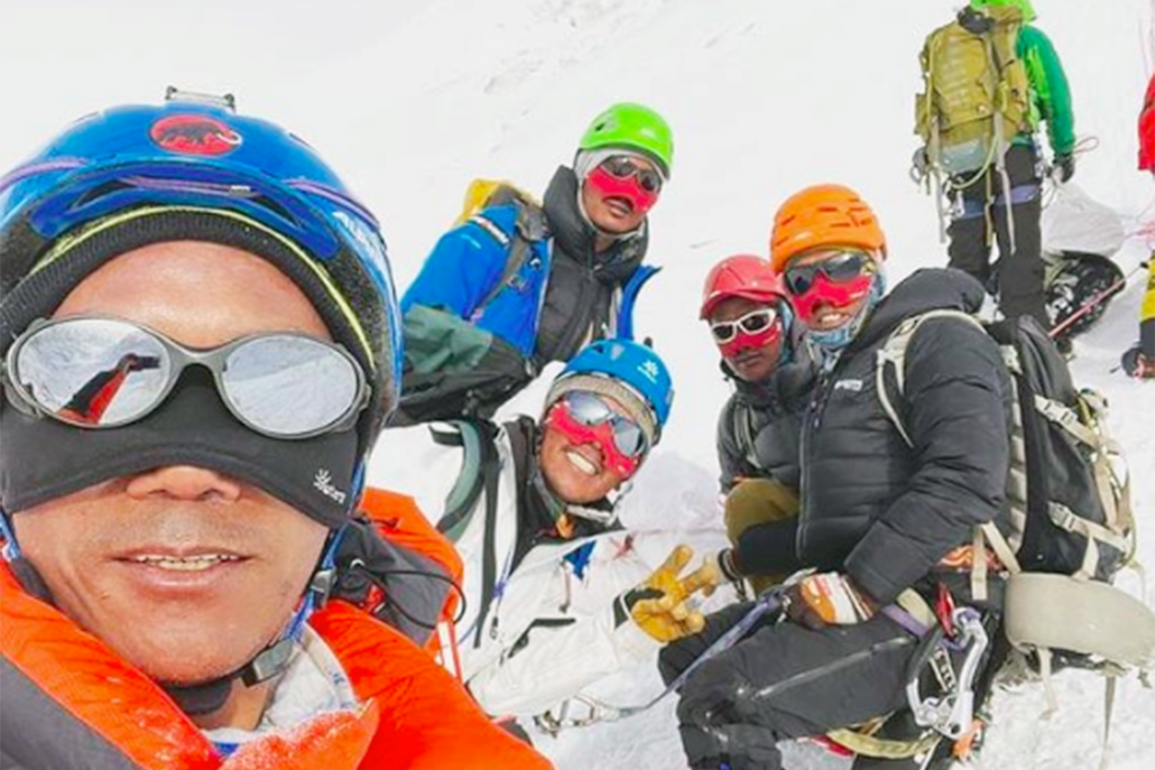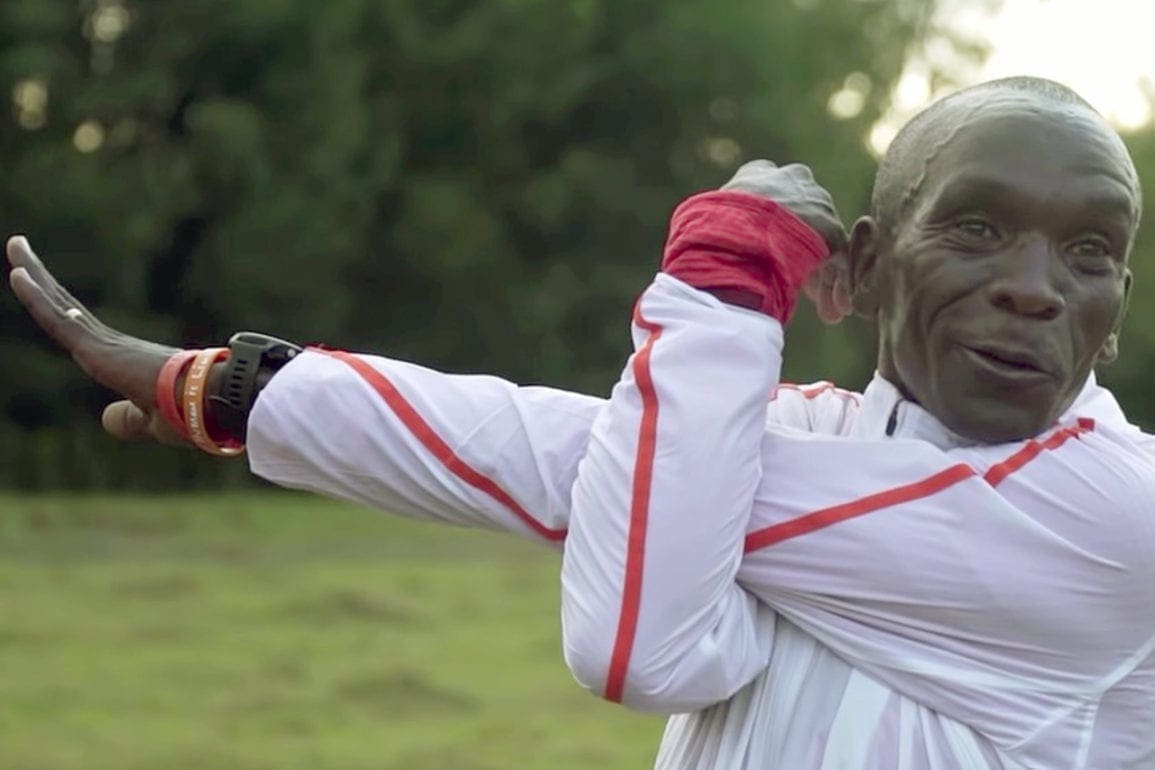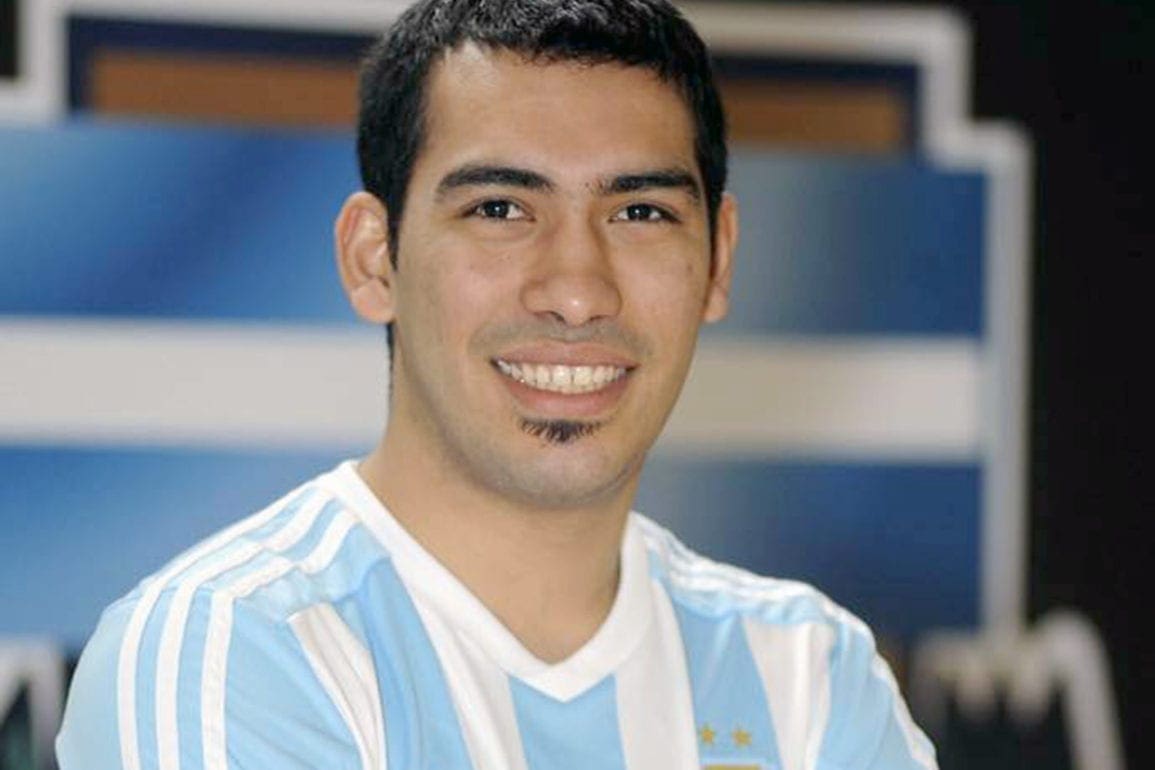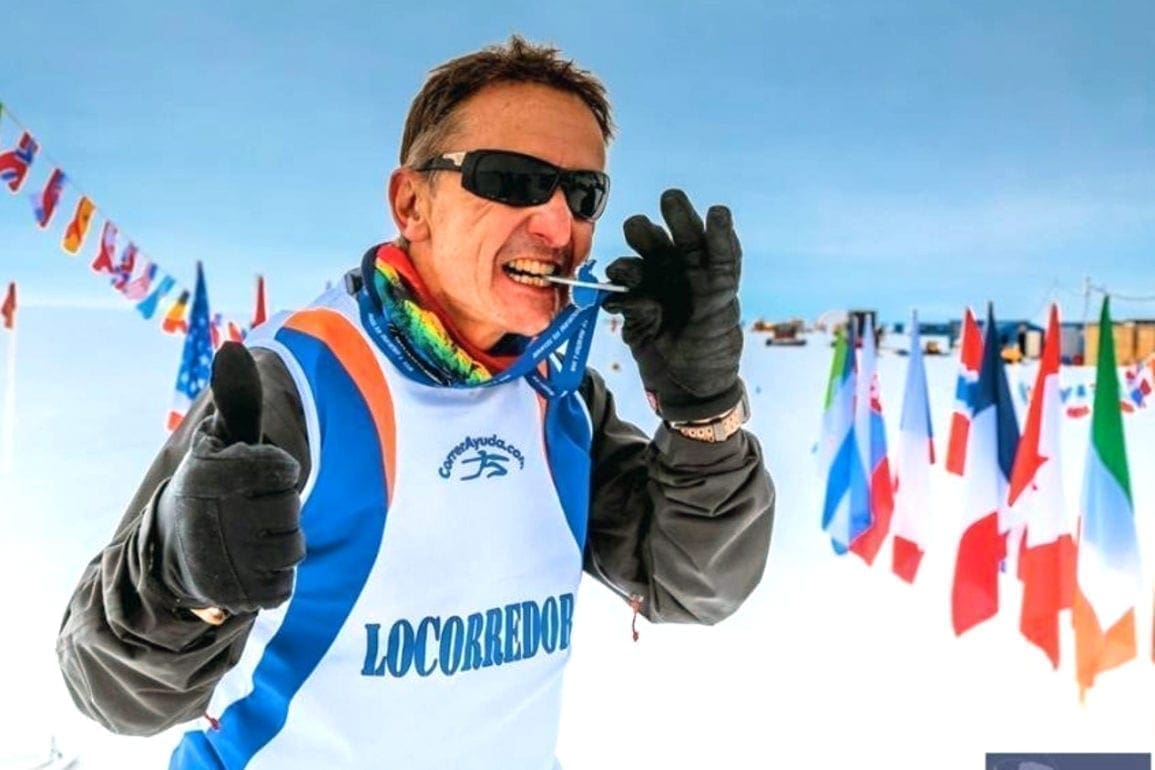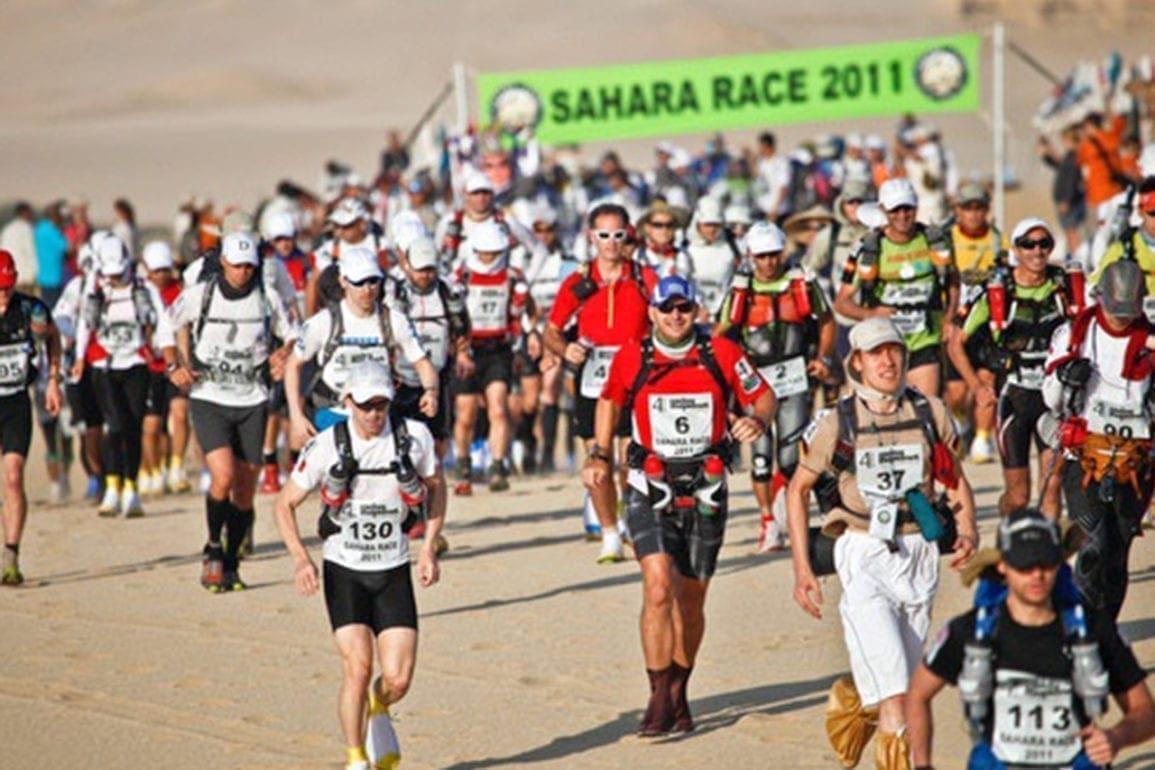My disability made me a world champion swimmer
At the end of the race, I rose from the surface and looked at the scoreboard, trying to focus my blurry eyes. I saw two letters by my name: WR. I broke the World Record! Confidence poured through me as I realized I could be the top swimmer in the world in my category.
- 1 year ago
February 13, 2023
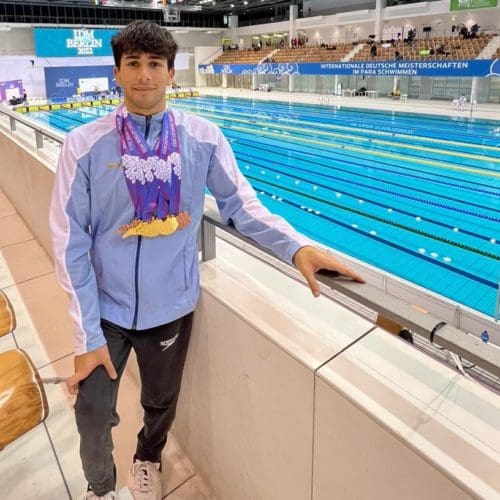
NEQUEN, Argentina ꟷ Despite my disability, at 20 years old, I am a world champion swimmer in adaptive sports. The day I earned my title, everything happened so quickly. I jumped into the water at the World Cup in Portugal, certain I could win the gold. I just needed to focus on what I had to do.
Read more incredibly inspiring stories from people with disabilities, in their own words.
I began my swim in the 400-meter event intentionally behind my rivals. When I brought my head out of the water for each breath, I looked to see their position in comparison to mine. In the first 300 meters, I waited patiently. Once I hit 300, I attacked and positioned myself in the lead. I powered through the last 100 meters with the gold medal on my mind.
He faces a lifelong disability, discovers swimming
When I was a kid struggling with transverse myelitis (TM), I wished it never happened to me. I wanted to be like the other kids. It all started at two years old. One day, out of the blue, I suddenly tripped and fell at the school where my mom worked. I cried so hard they took me to her and she knew something was wrong. I shouldn’t be crying so hard from a simple fall.
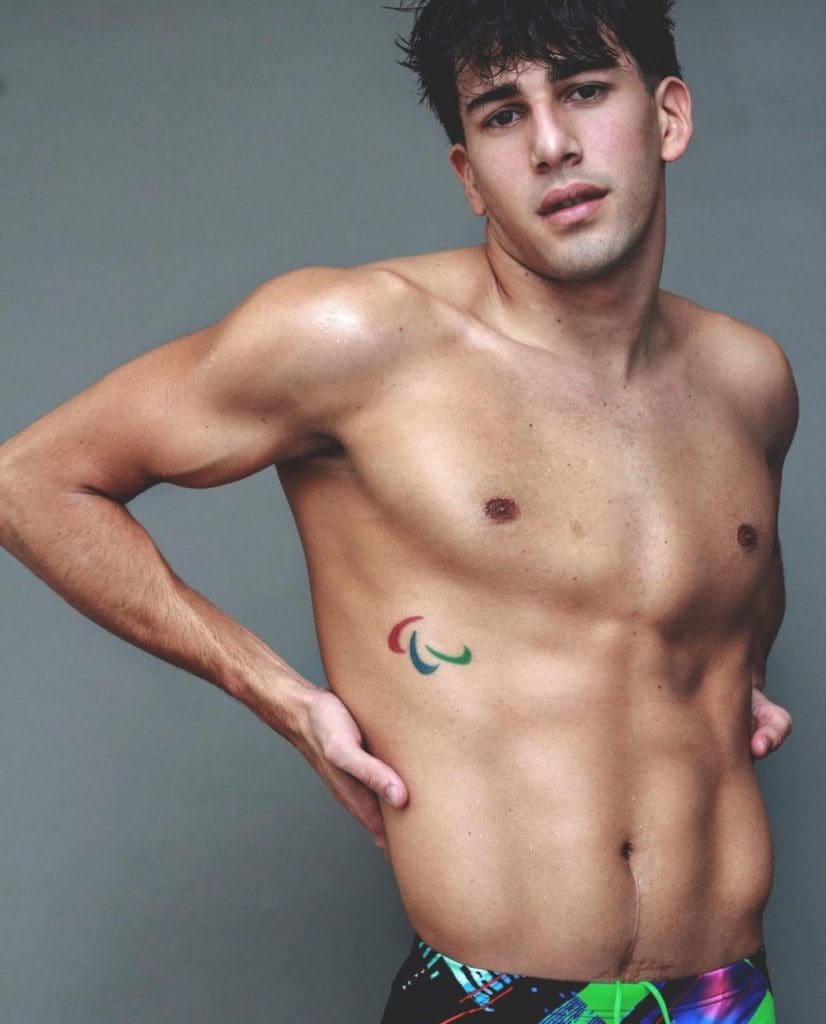
After a series of doctor visits and studies, they delivered a diagnosis. I had transverse myelitis. [TM is an inflammation on both sides of the spinal cord, which interrupts the messages the nerves send throughout the body. It can cause pain, muscle weakness, paralysis, sensory issues, and bladder and bowel dysfunction.]
My legs would never function conventionally again, and I began the long path to treatment. I hated going to therapy, but I needed it. When swimming became an option for physical therapy, I discovered a new passion and something I could be good at. I quickly climbed the ranks from the pre-team to the swimming team. By 14 years old, I made the Argentine National Team for adaptive sports. I began competing all over the country and around the world.
Competition and travel changed my relationship with water. What began as a boring form of therapy transformed into a means to achieve great things. Swimming helped me grow as a person. It changed my way of being in the world and I grew up. Now, seeing all that I achieved despite my suffering, I know it was worth it.
I broke the world record and won the gold
In March 2022, I traveled to Berlin to swim the 200-meter freestyle. When the competition began, I moved through the water faster than anyone in the history of my category. At the end of the race, I rose from the surface and looked at the scoreboard, trying to focus my blurry eyes. I saw two letters by my name: WR. I broke the World Record!
Confidence poured through me as I realized I could be the top swimmer in the world in my category. Three months later, in Portugal, I confirmed it. Confidence carried over from my previous competition in Berlin. The gold medal seemed so close.
When the race ended, I knew I did well and felt incredible happiness. I climbed out of the water and hugged one of the six coaches who accompanied the Argentine delegation to the event. I still did not fully understand what I achieved, though. It sunk in at the awards ceremony when I got my gold medal and realized I was a world champion.
Back at the hotel, I called my family. Throughout my time at the World Cup I never picked up my cell phone. I remained disconnected from the outside world until I could relax. They celebrated with me, but my mind was already moving on to the next competition. For me, responsibility remains more important than the temporary joy of winning. I had other races ahead of me at the world championships, so I put aside the celebrations and refocused.
Next up: the Parapan American Games, the World Cup, and the Paralympics
Being a world champion swimmer in adaptive sports allows me to travel the world doing what I love. If my legs had not failed me at the age of two, who knows where I would be today. Perhaps I would never have become a competitive athlete or won a world championship.
When I compete, I feel that pressure to perform and win. It’s funny because when I watch sports – like the FIFA World Cup in Qatar where the Argentine team won in December – I celebrated more than when I won the gold at a World Cup. Seeing it from the outside, I can relax, knowing I have no influence on the result.
I owe much of my success to my parents. They always encouraged me to dig deep and give more of myself. They always pushed me to try. We live near the Andes Mountains in Argentina, and we enjoy many vacations there. My parents always liked to go for walks, and they took me with them. They never left me aside, and I followed as best I could. I trailed them at my own pace, on my crutches.
Even after winning major medals in multiple competitions, I stay focused on the next challenge. This year, I have two goals: to compete and win in the Parapan American Games and the World Cup. Next year, I set my sights on the Paralympic Games. I know I have a long way to go, but I will get there.
